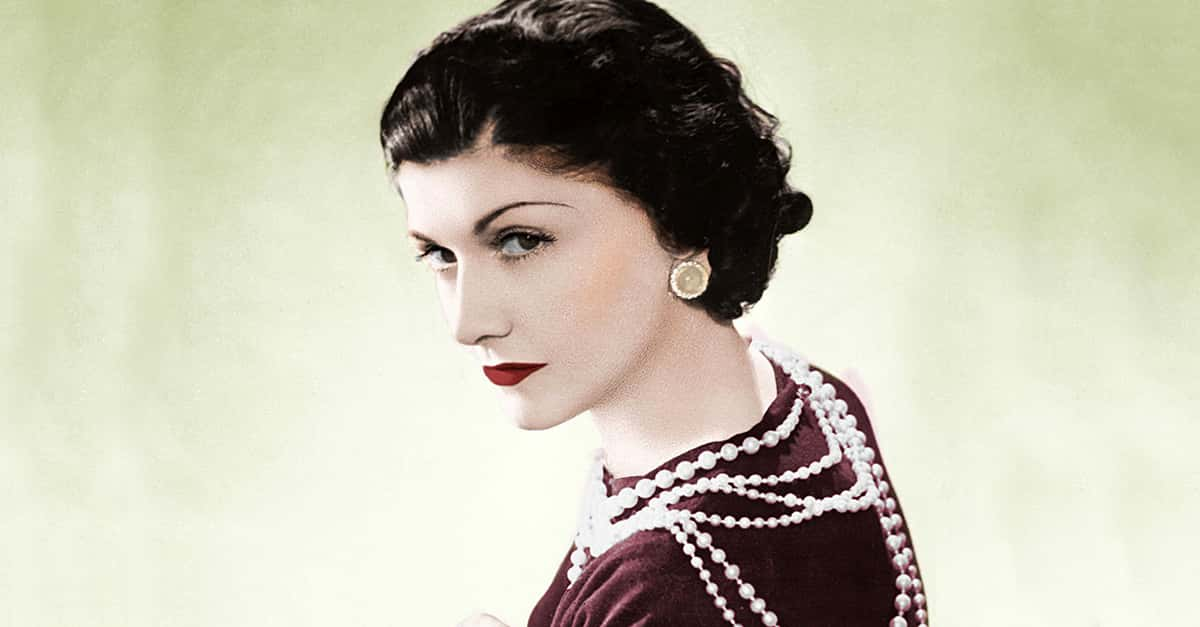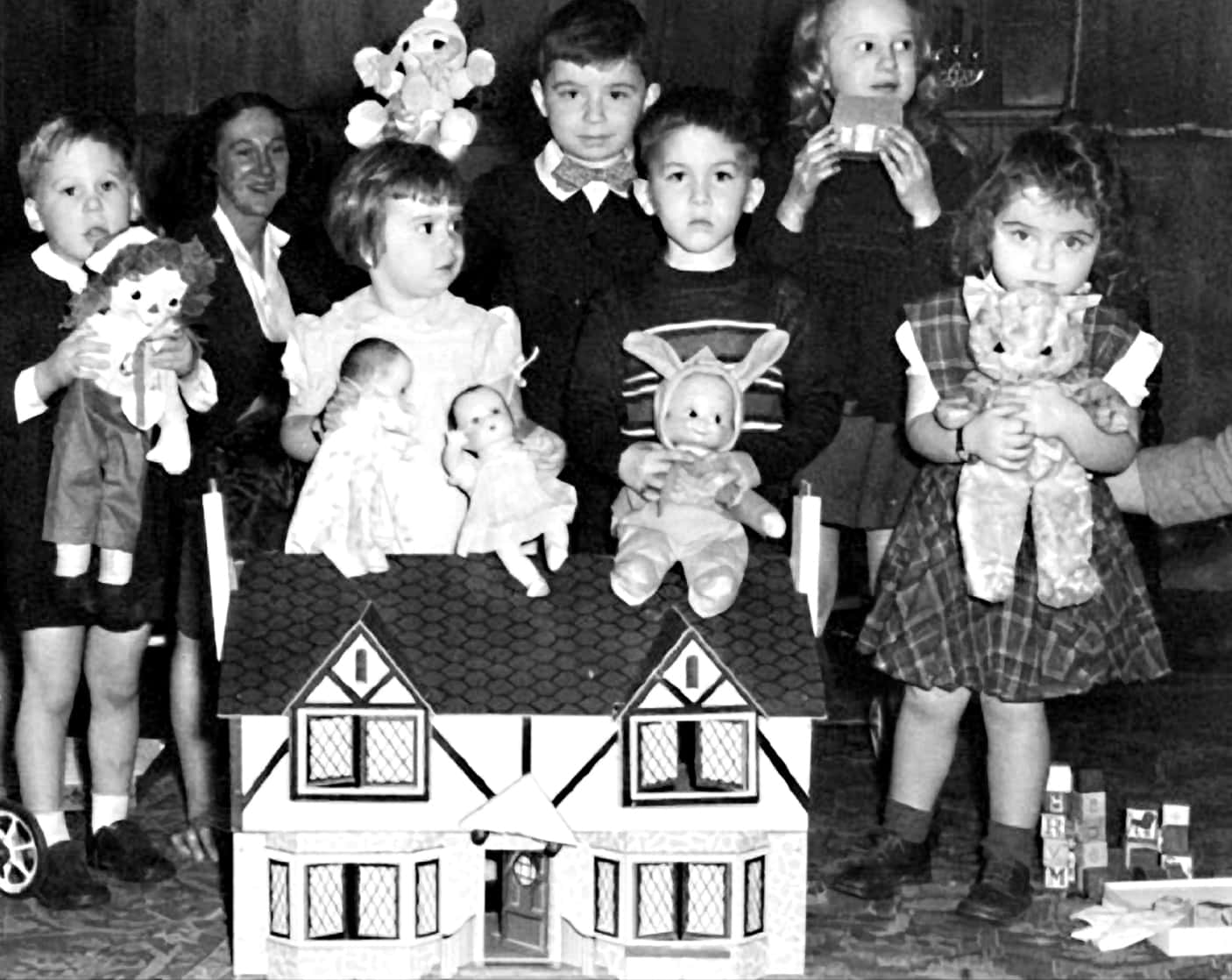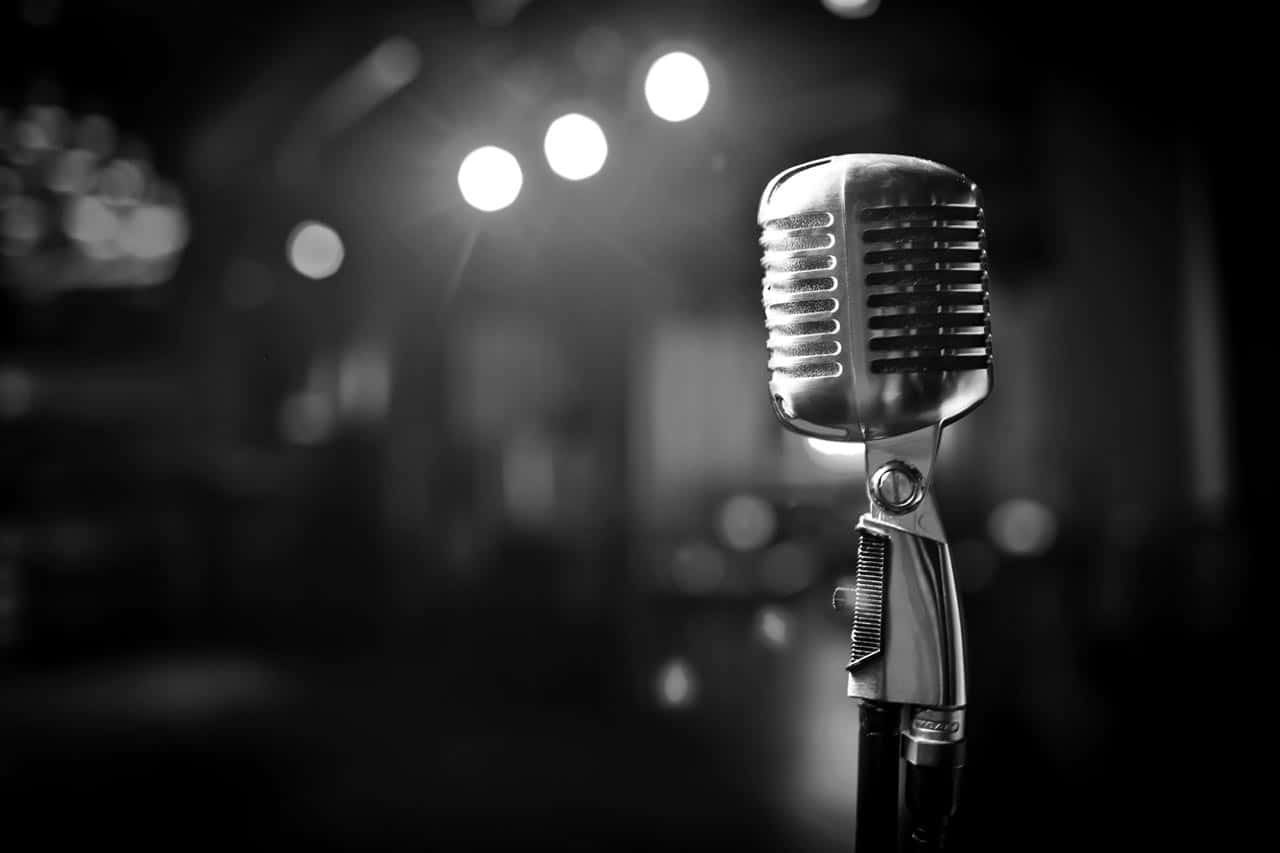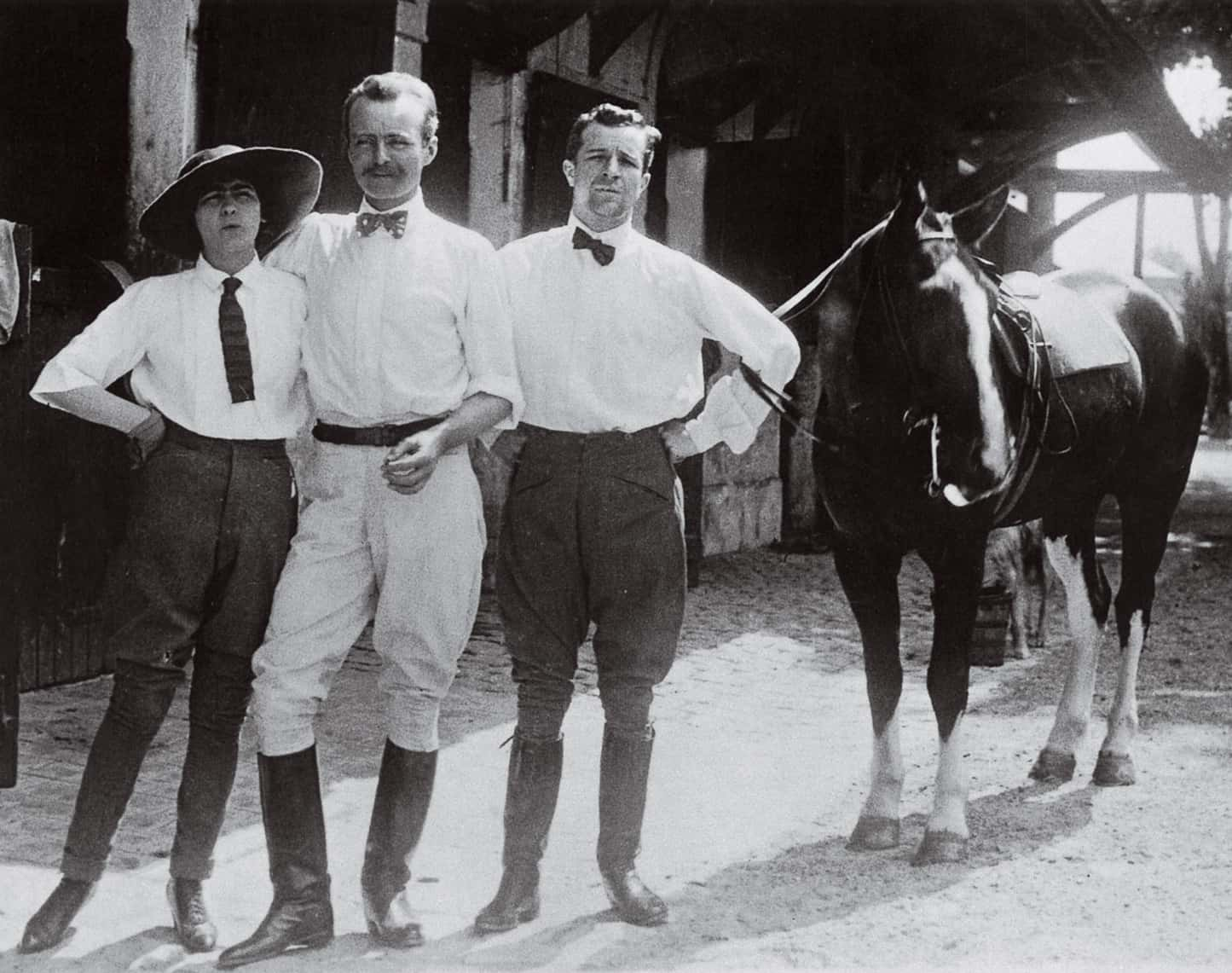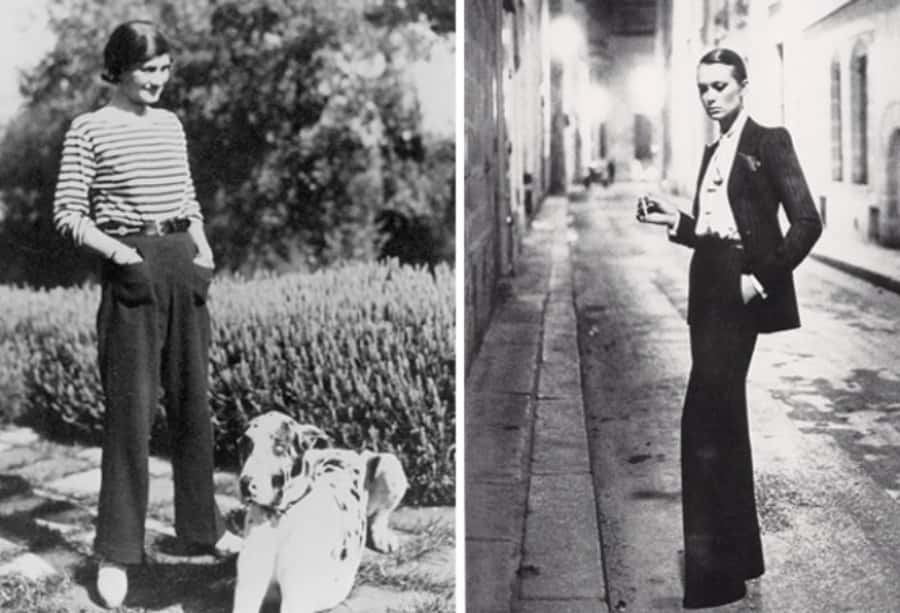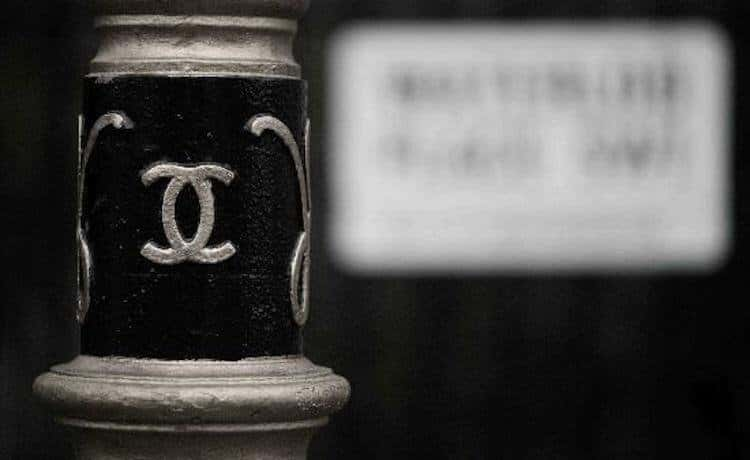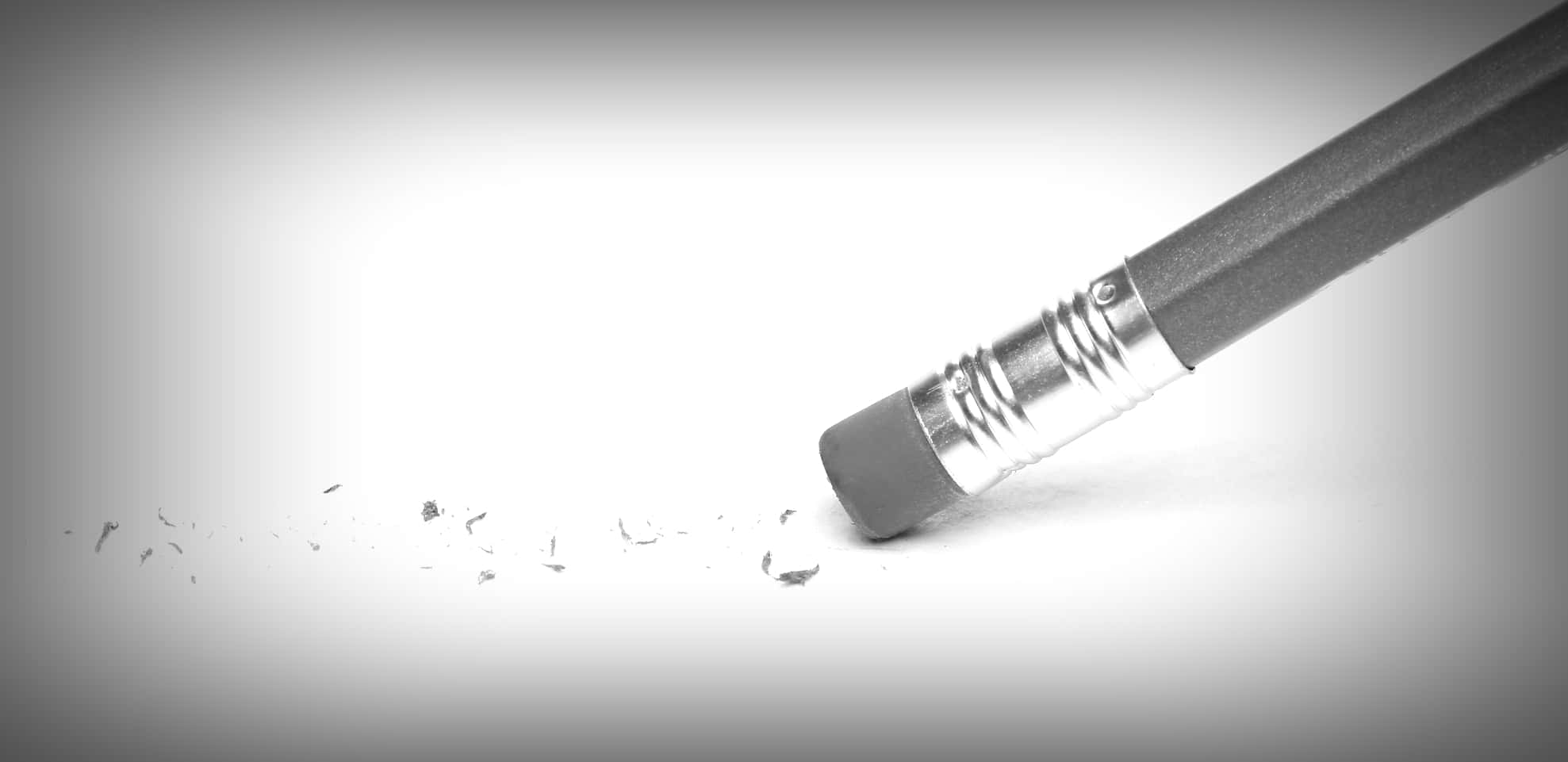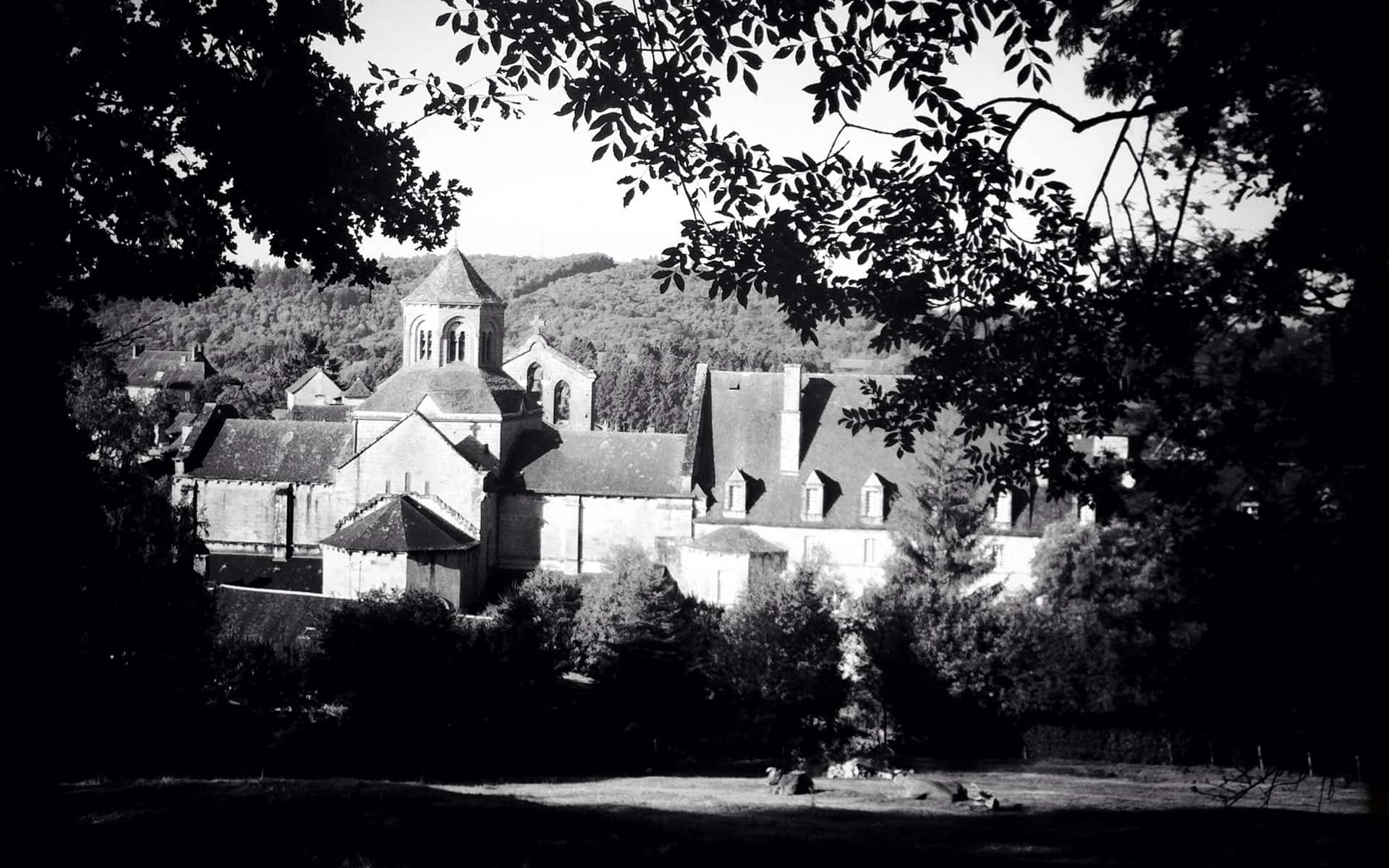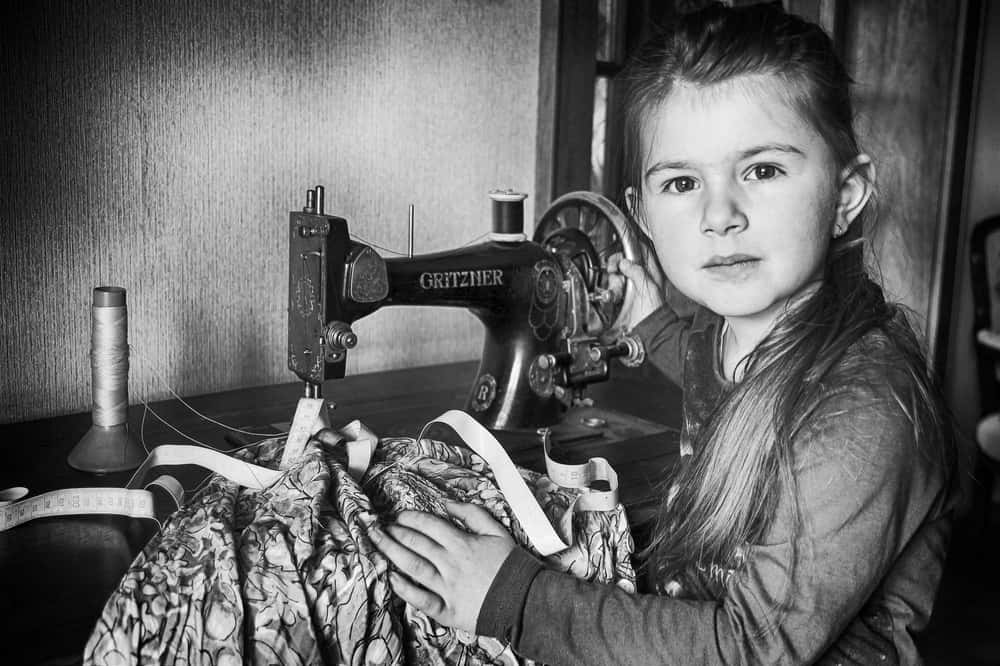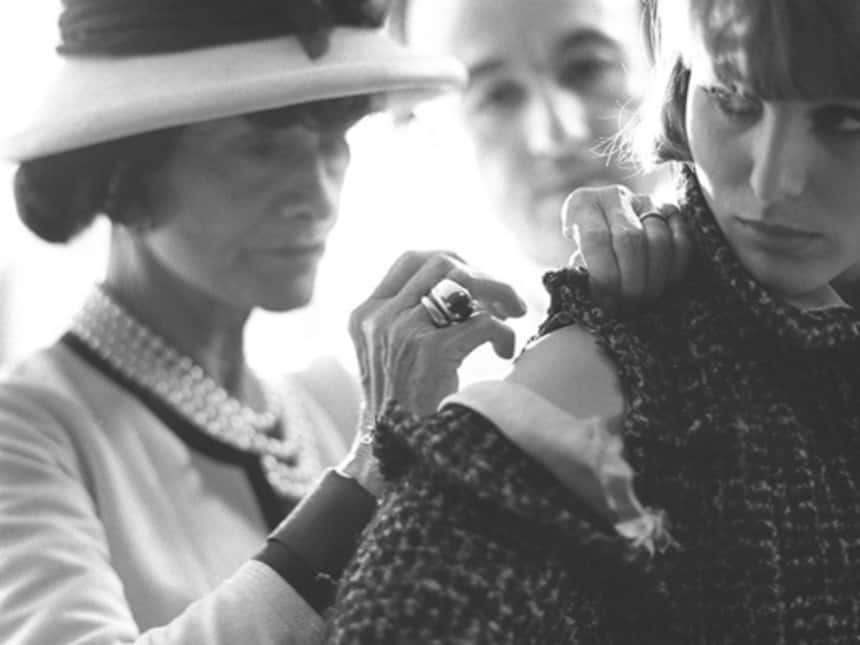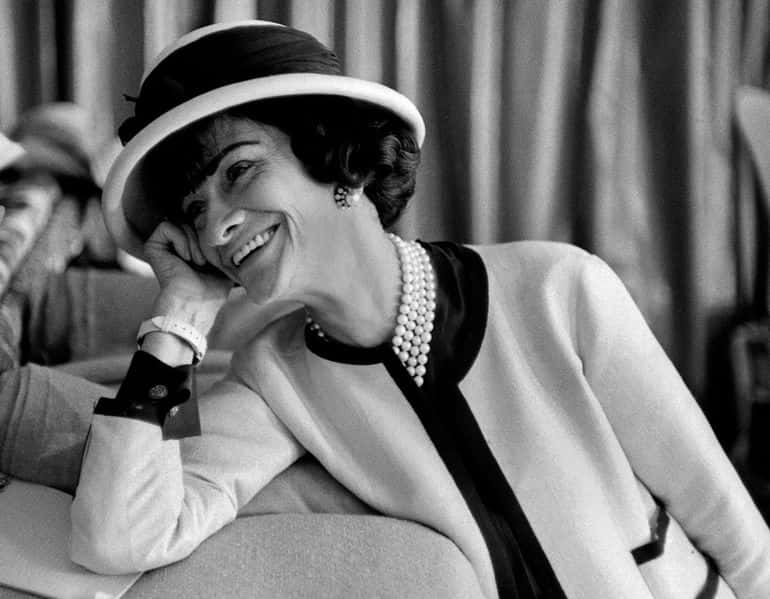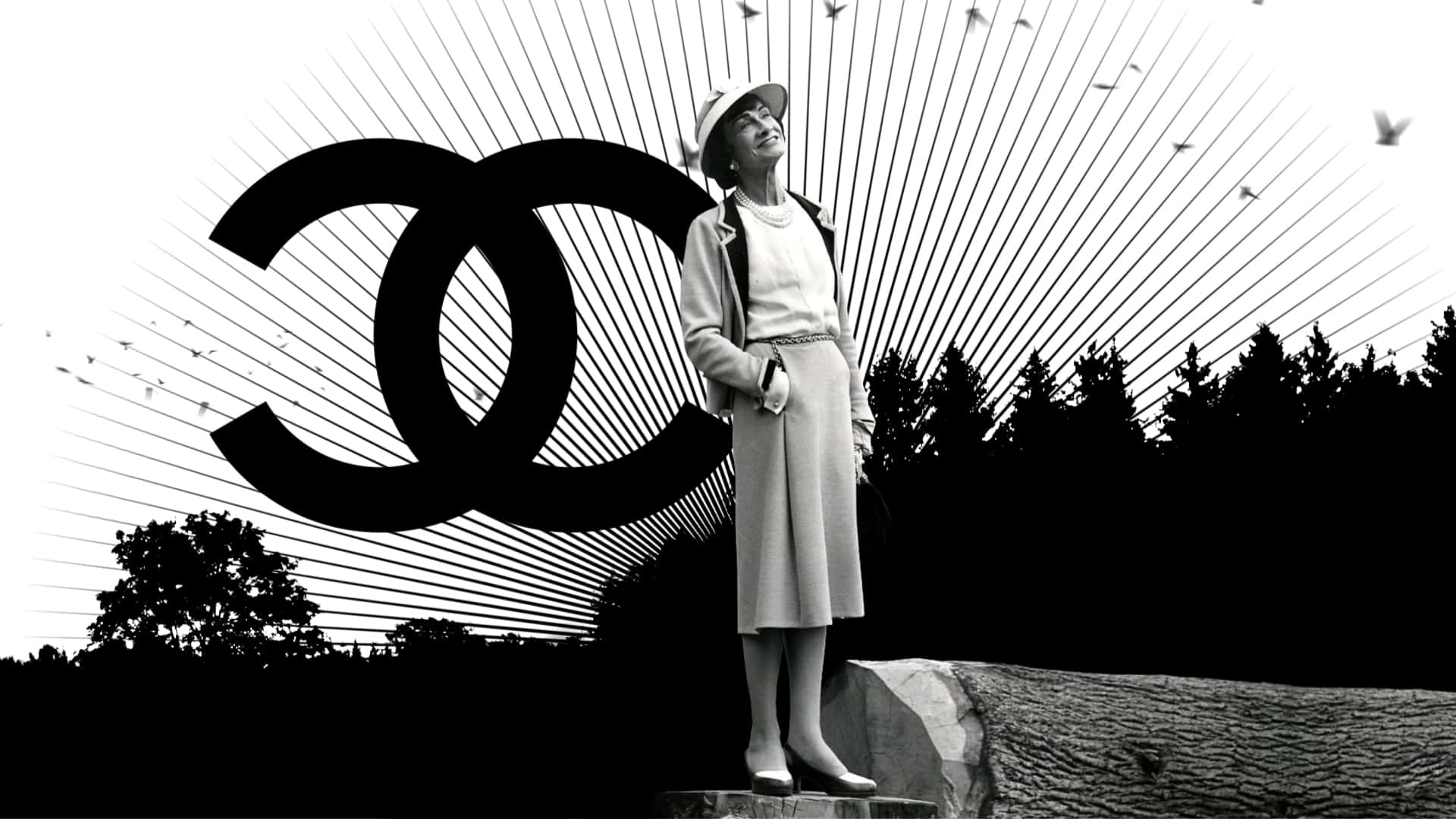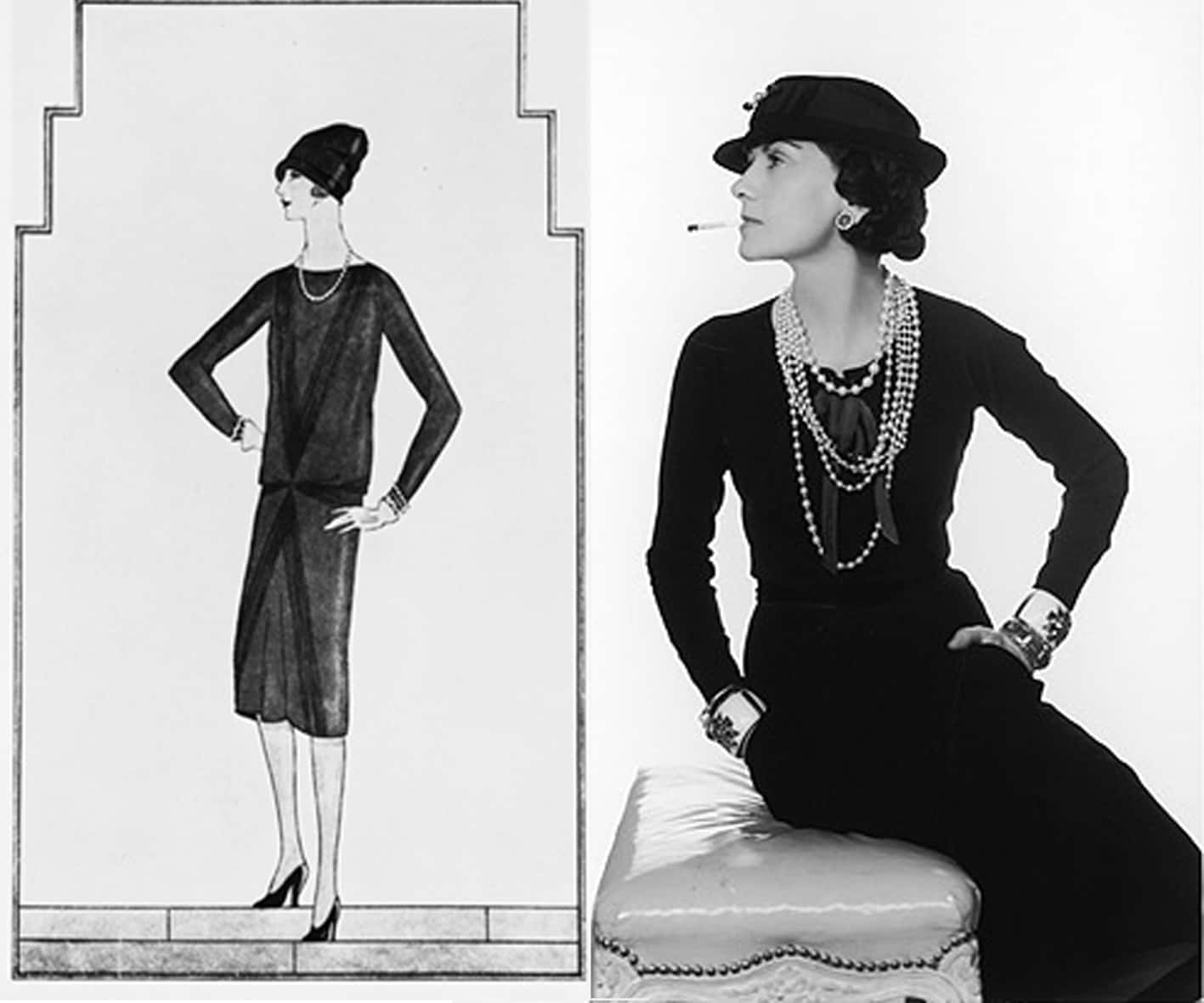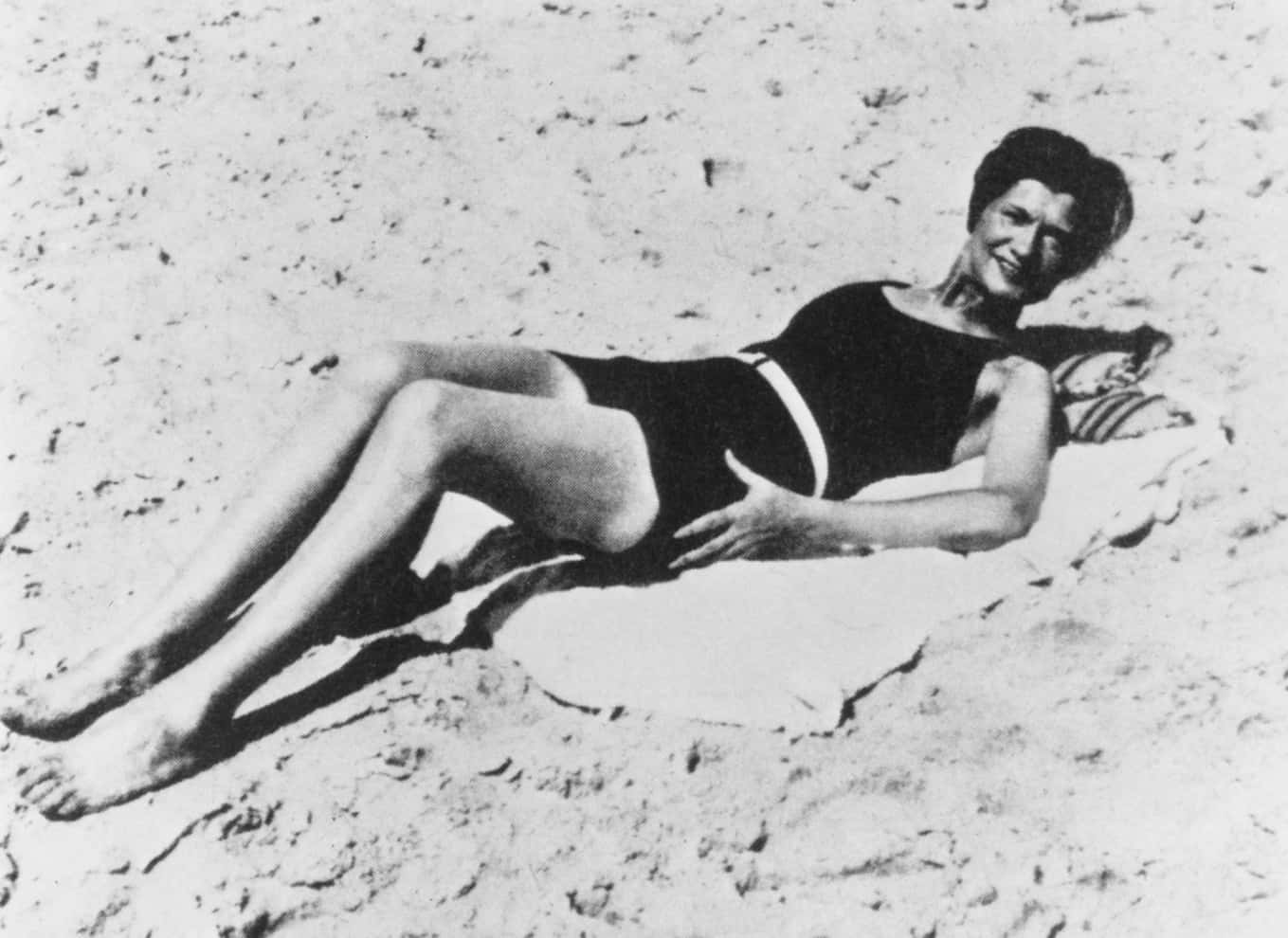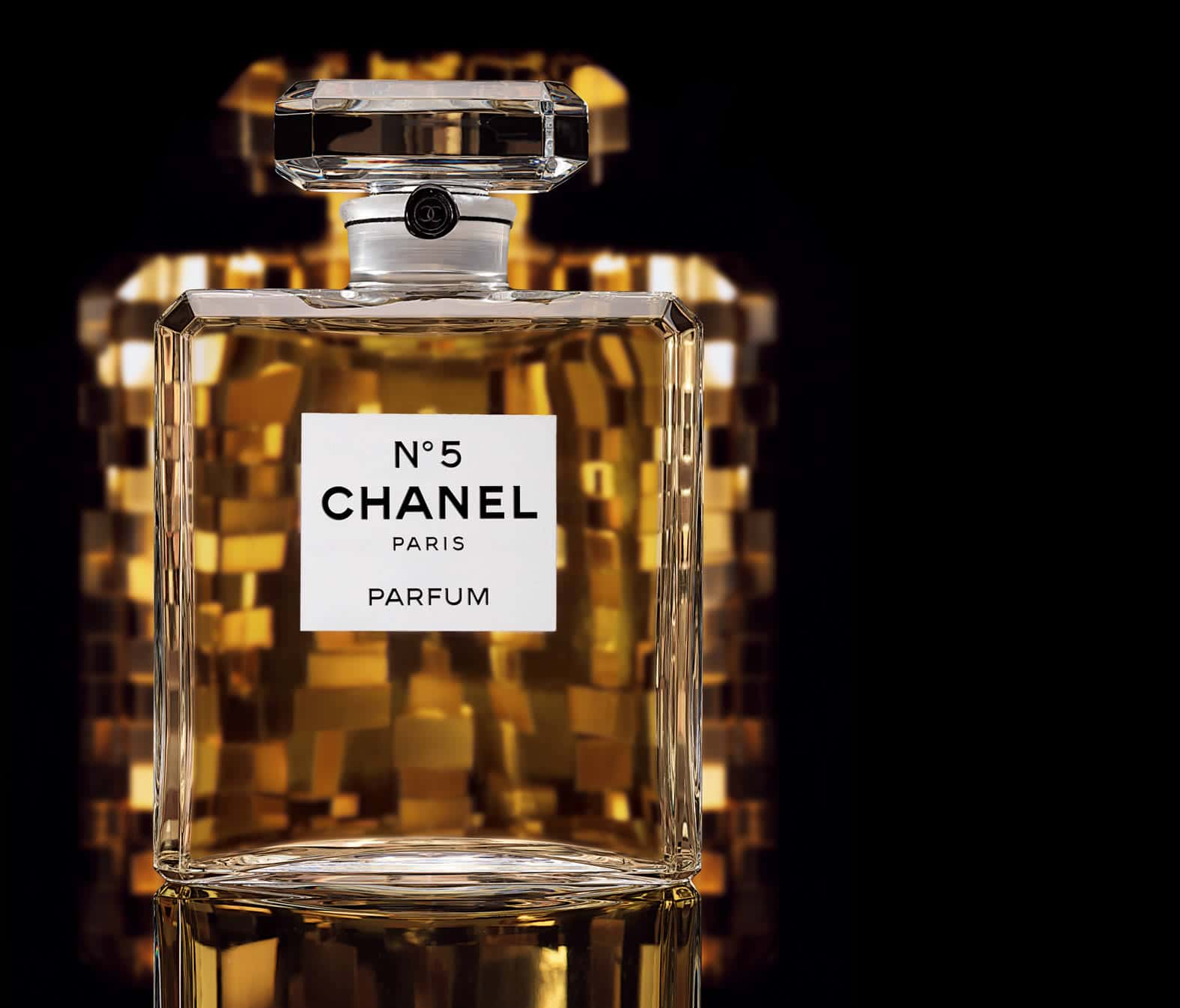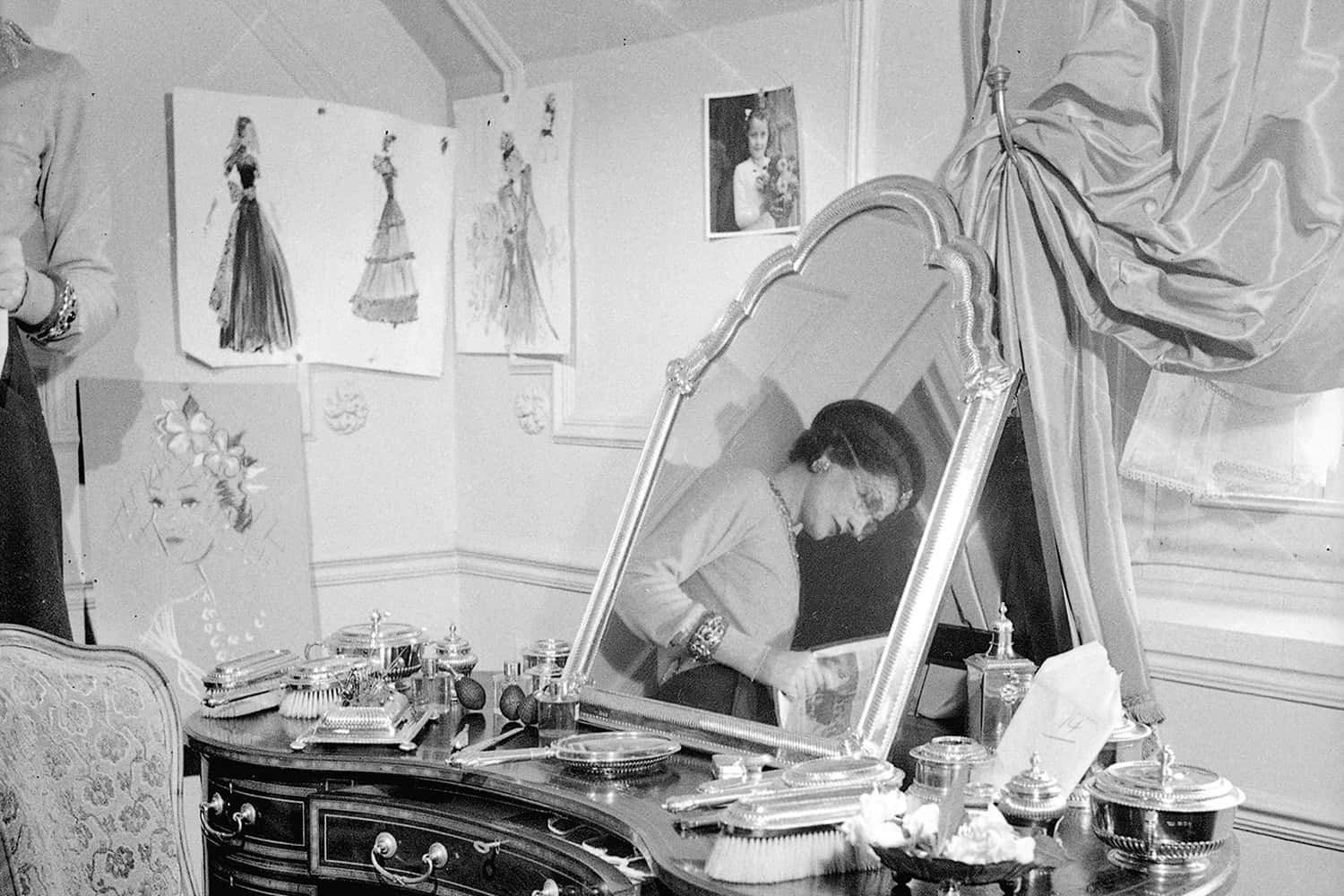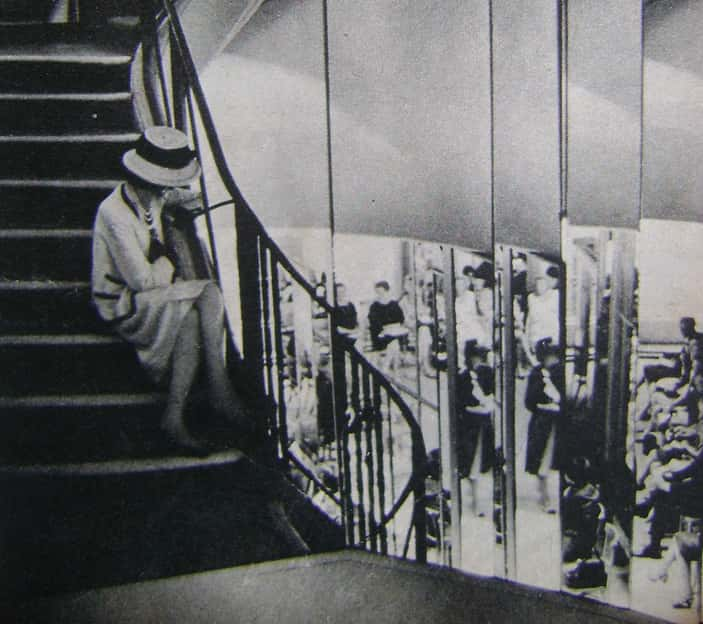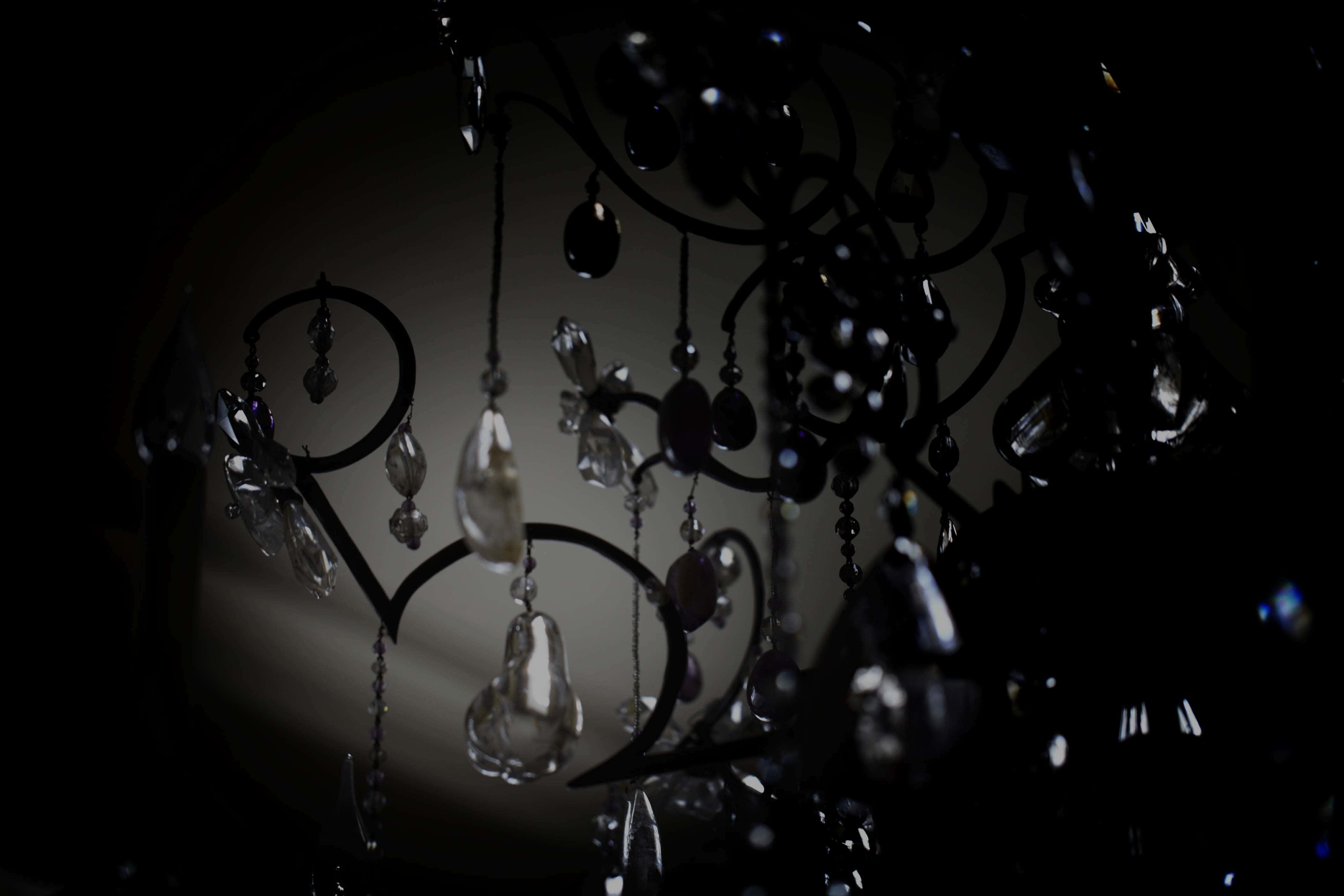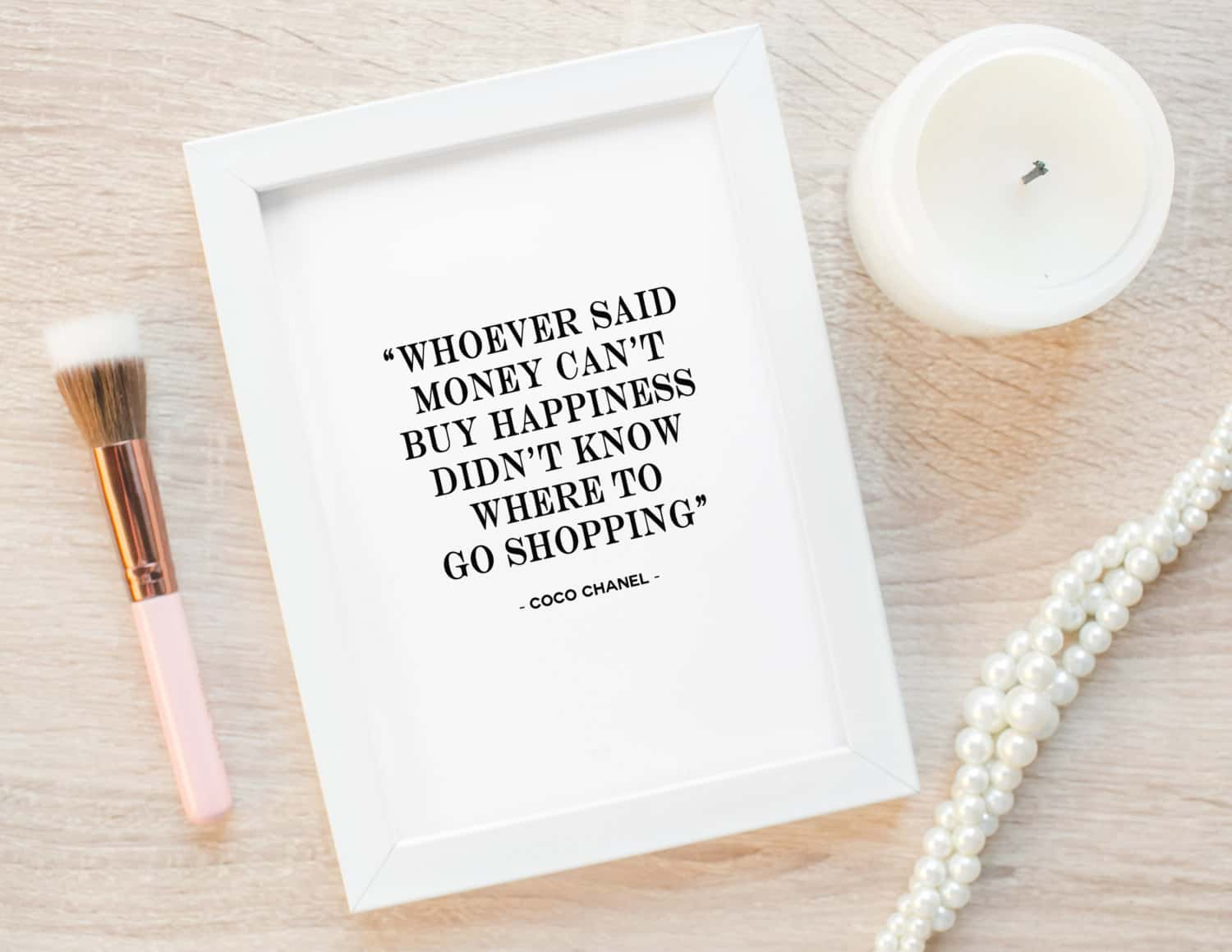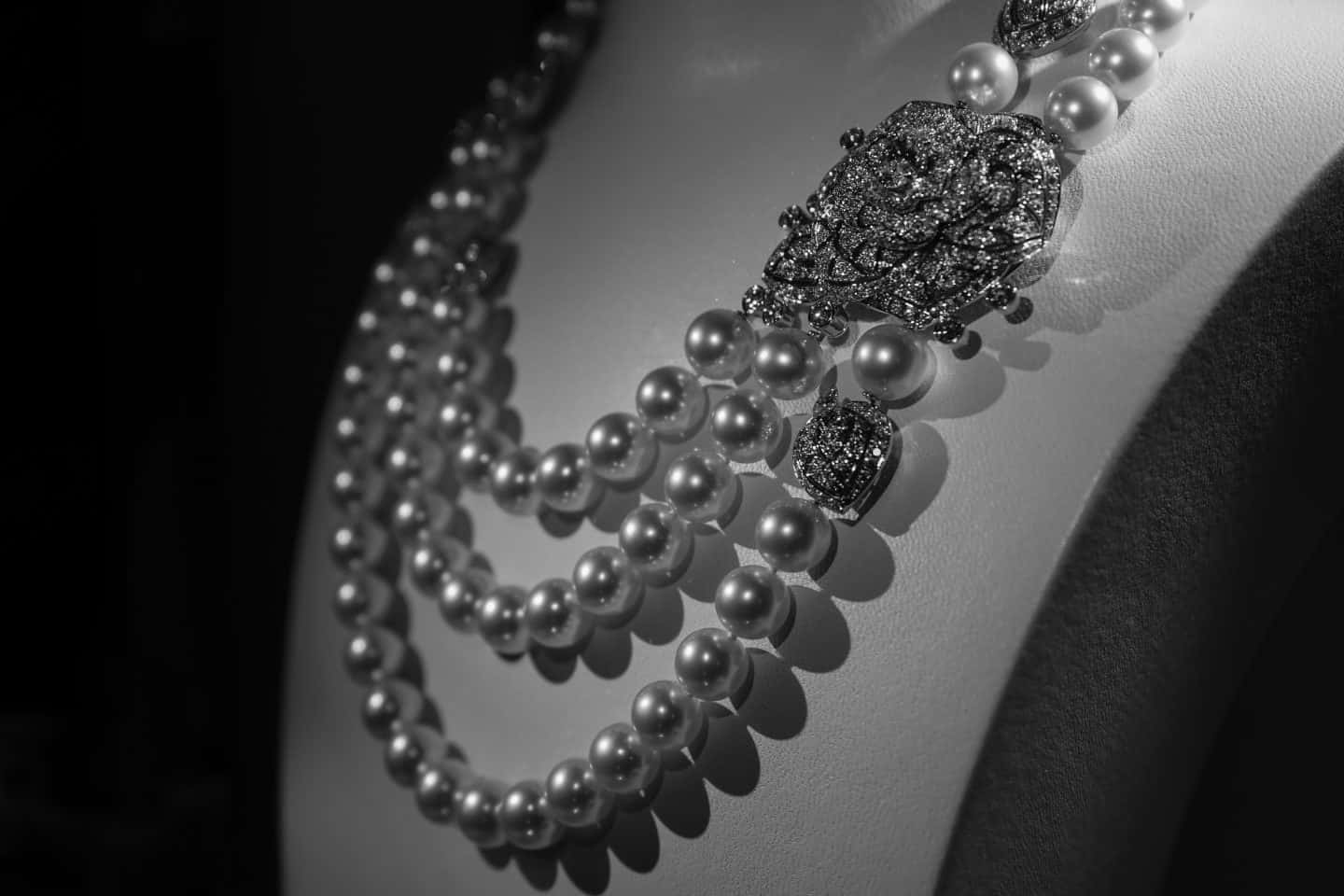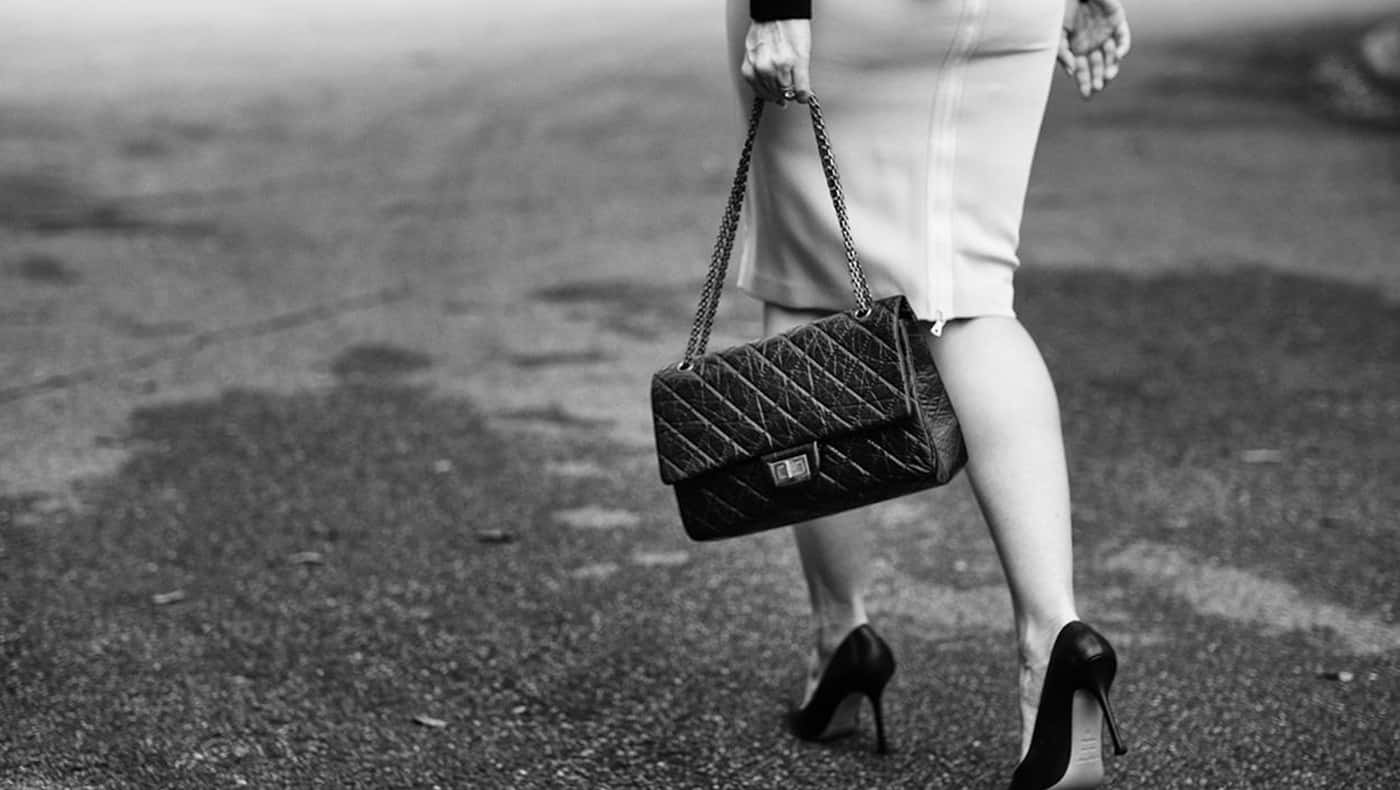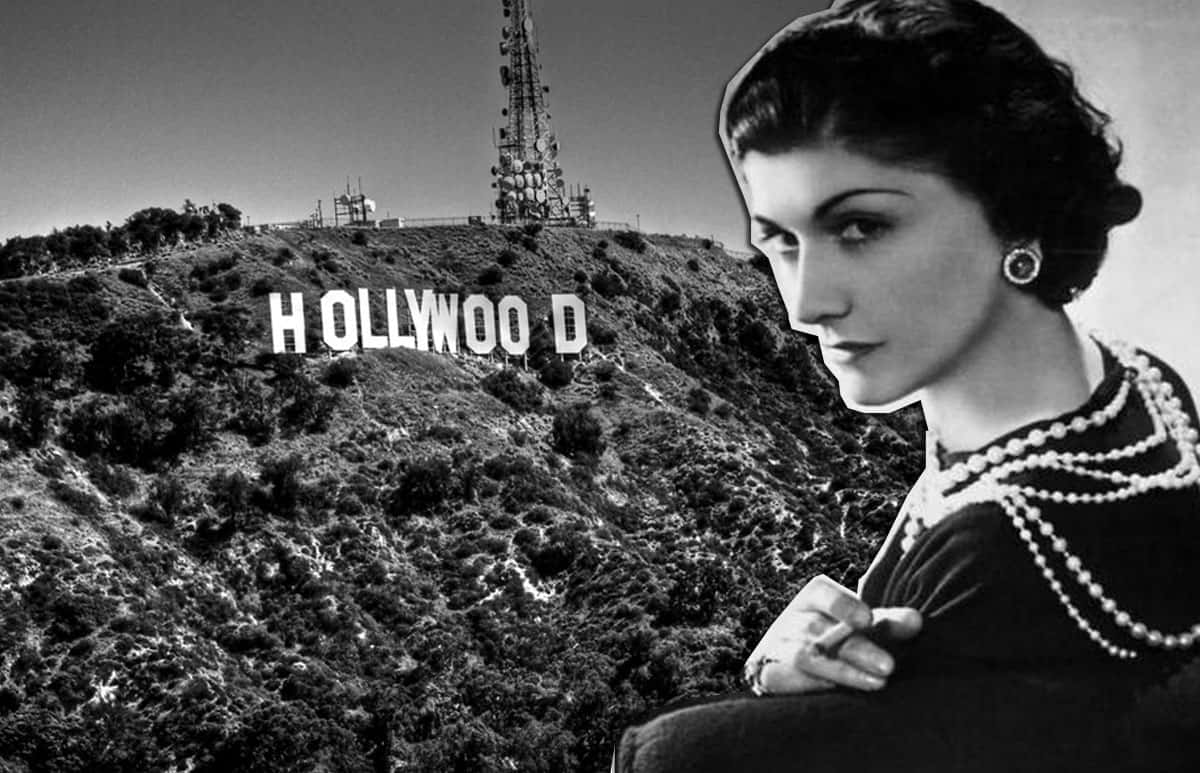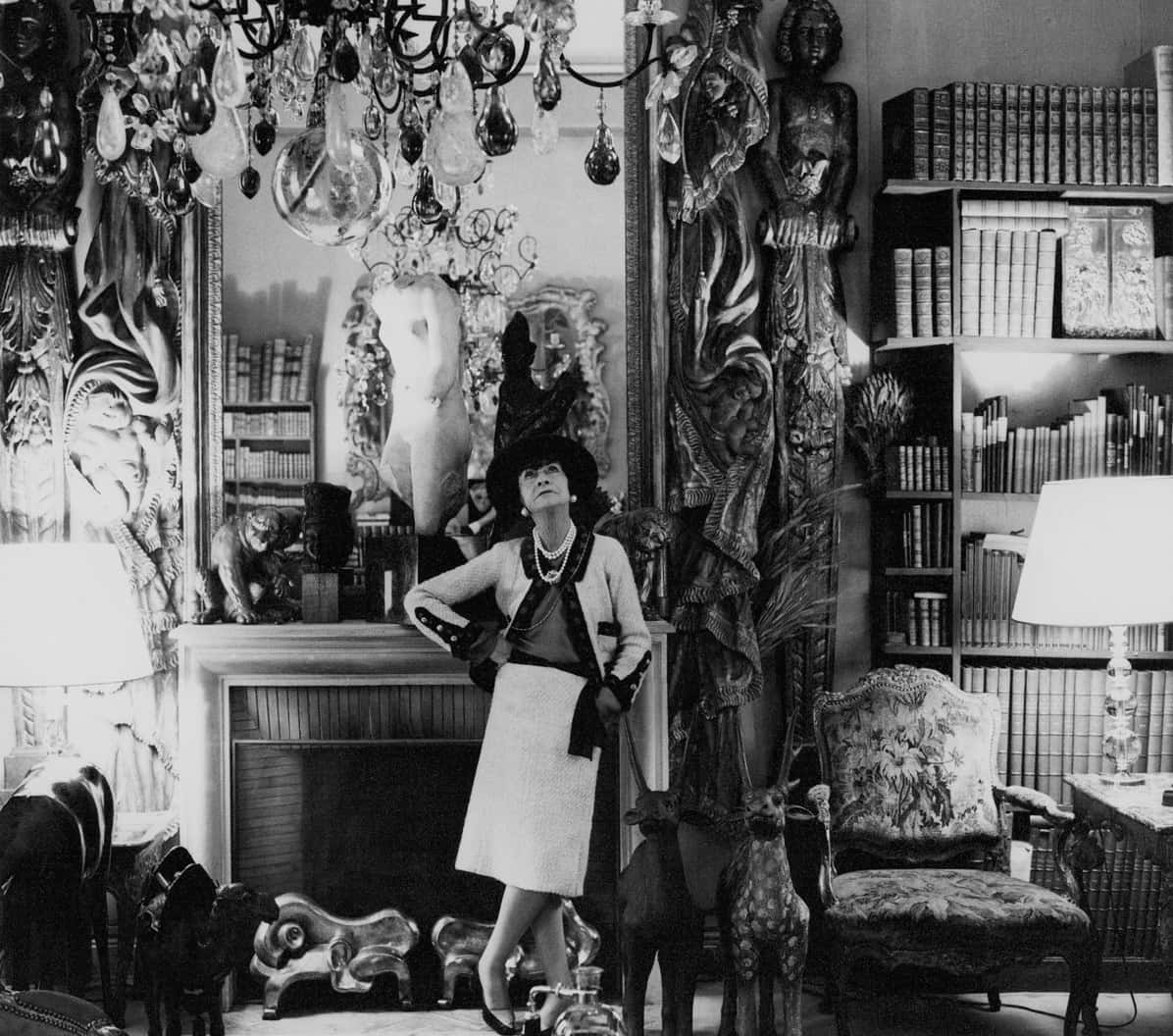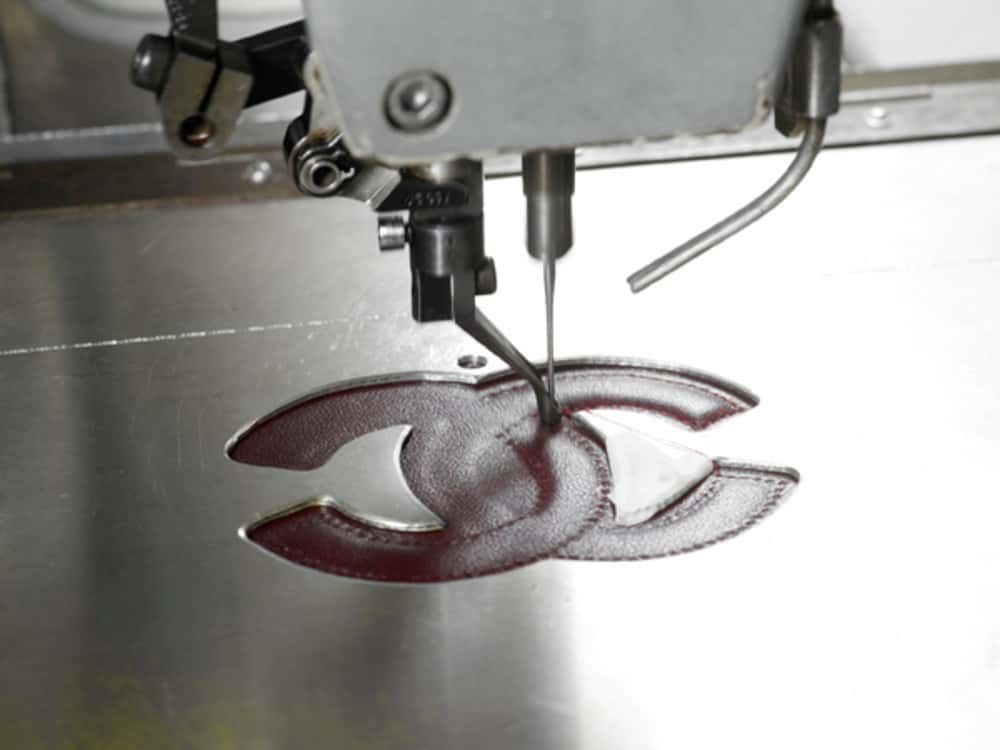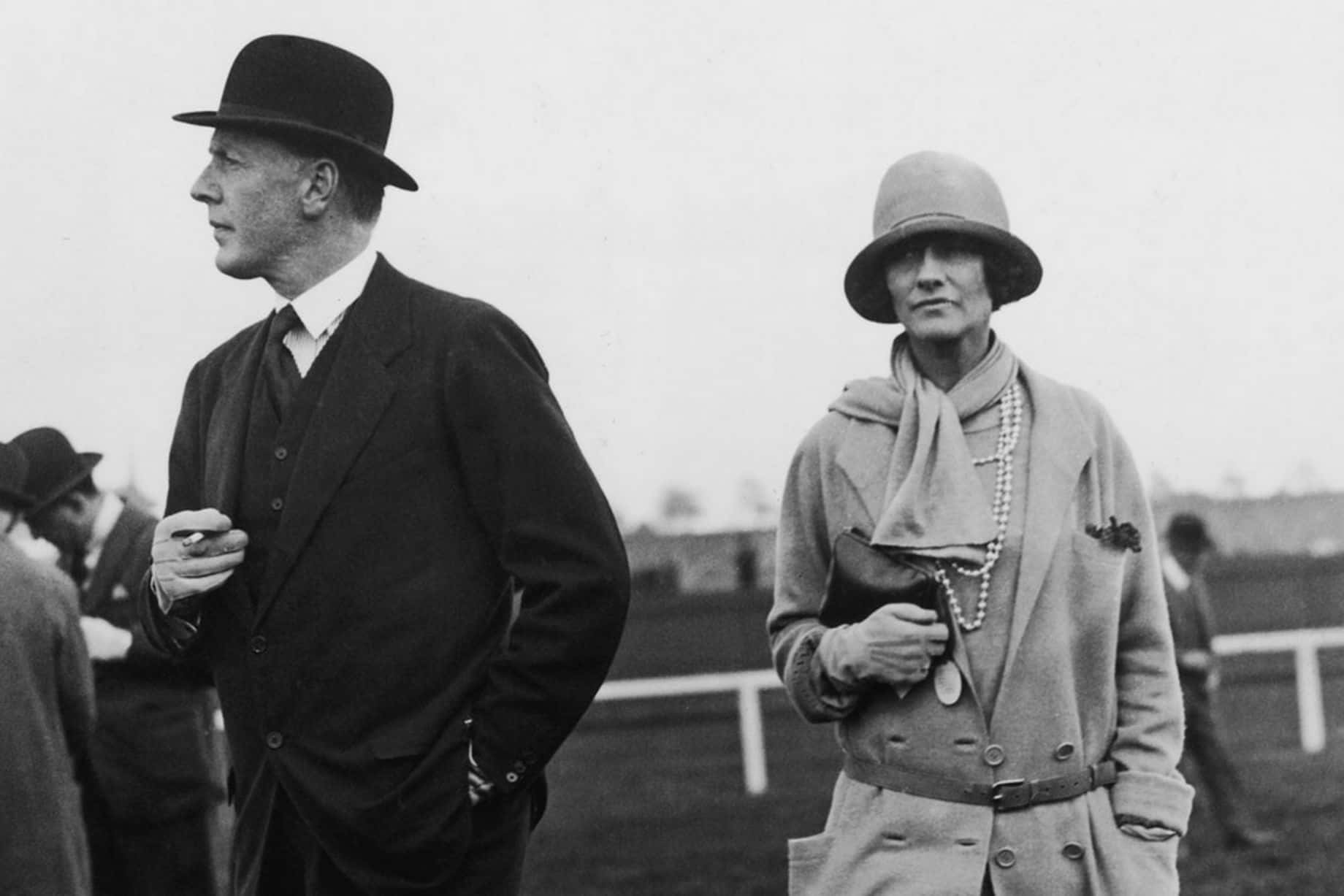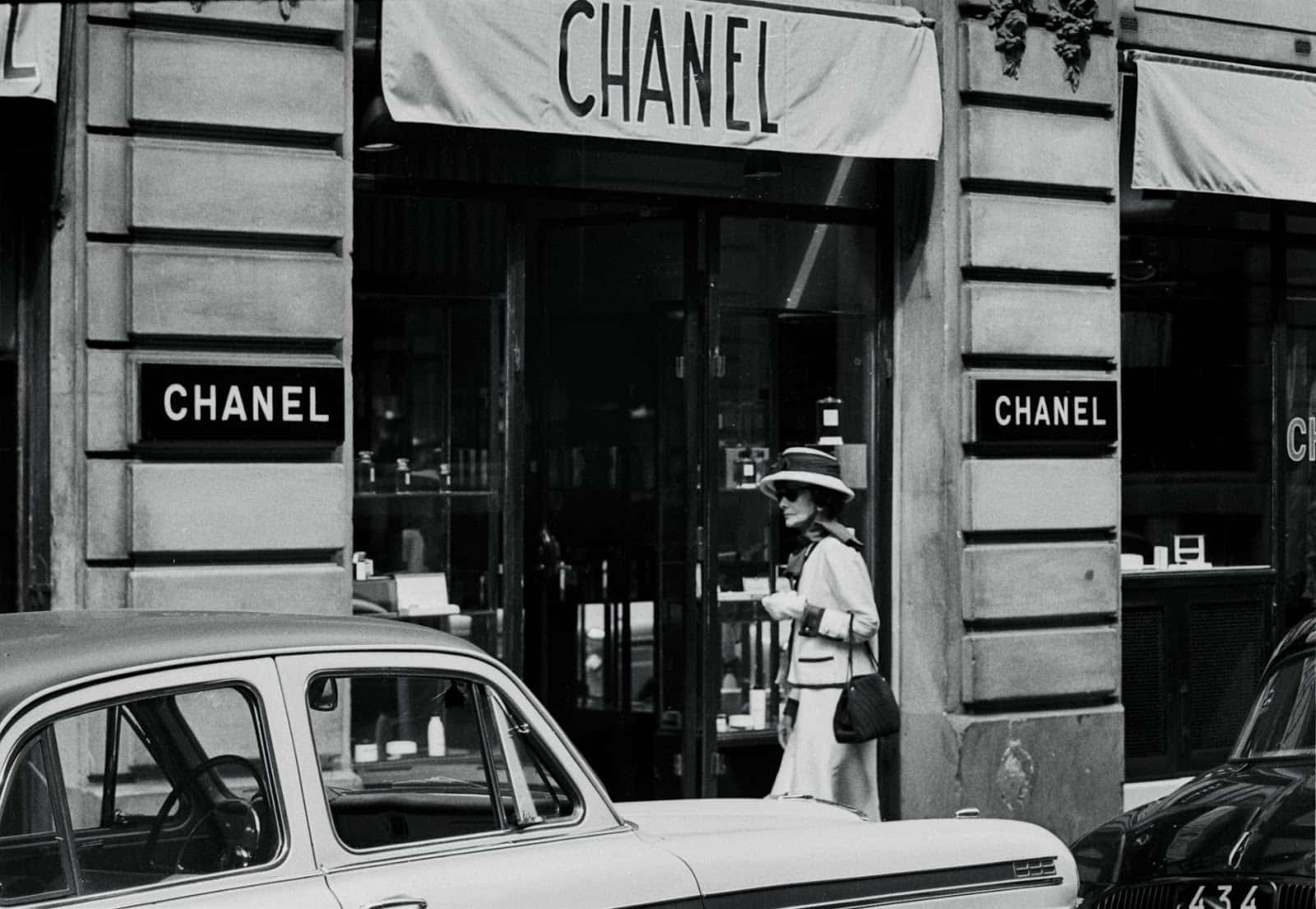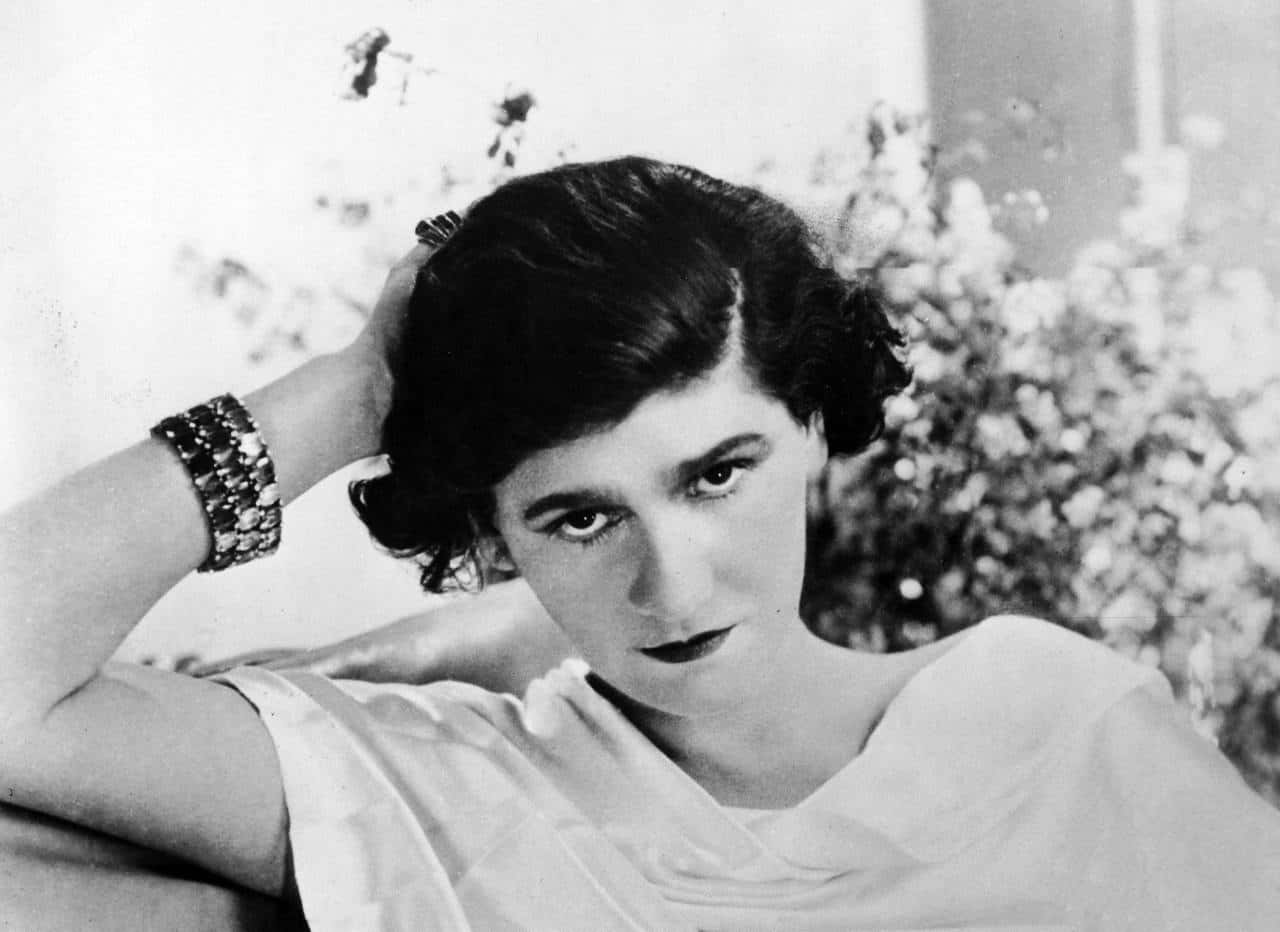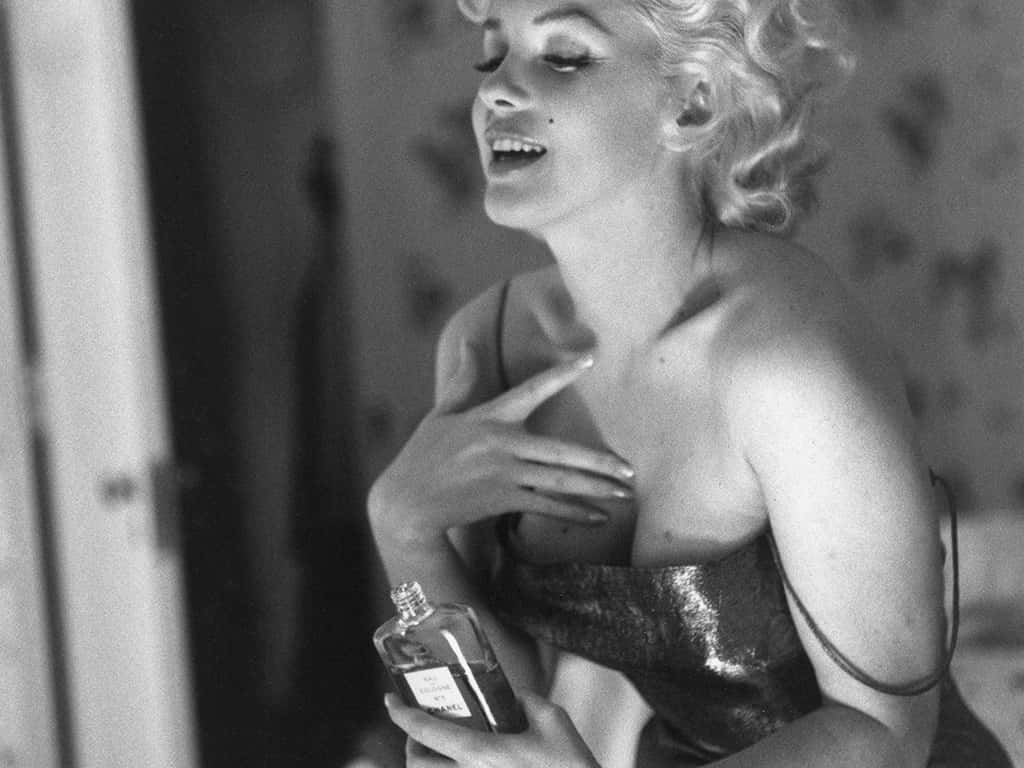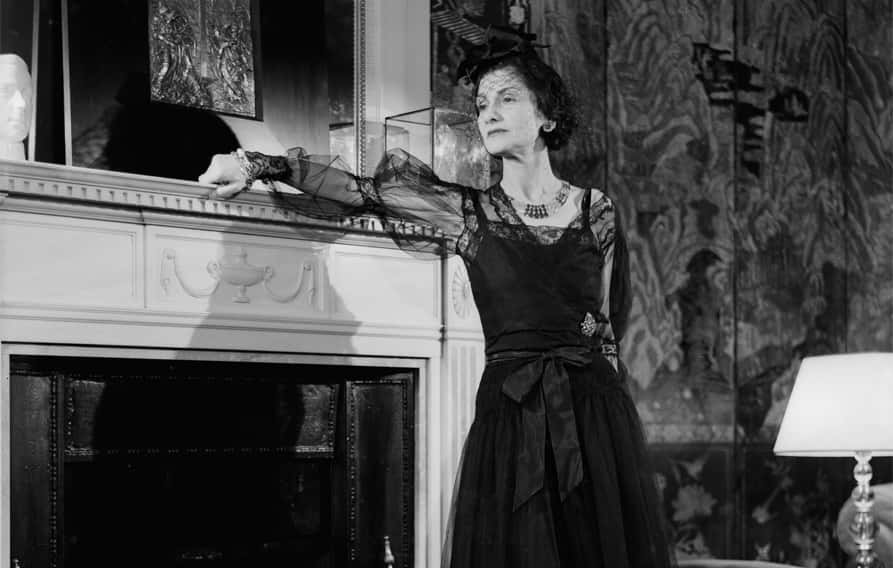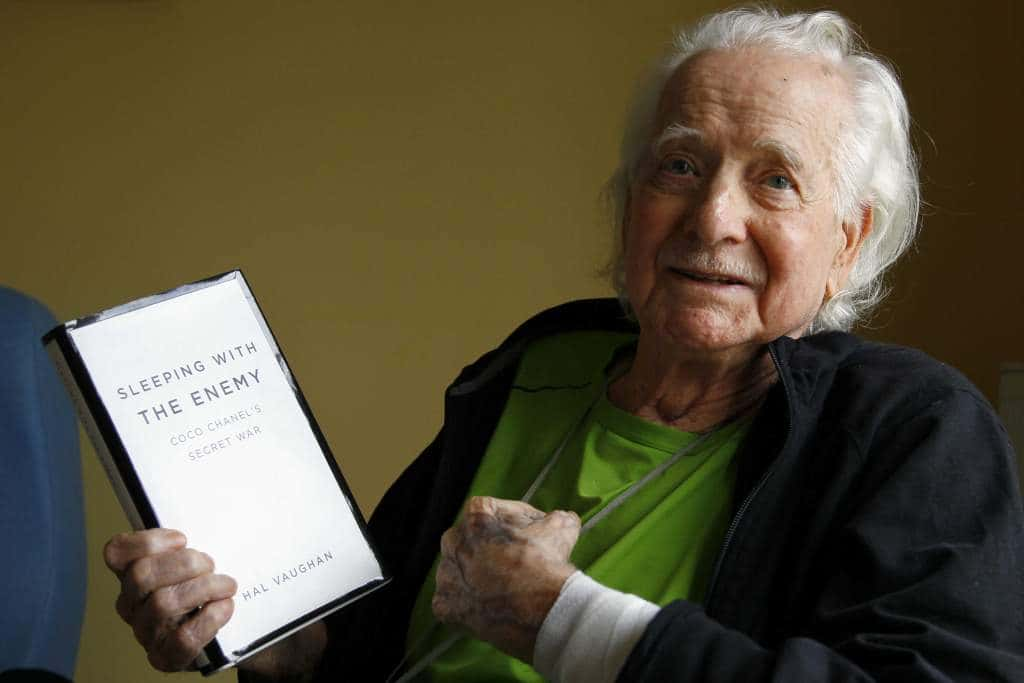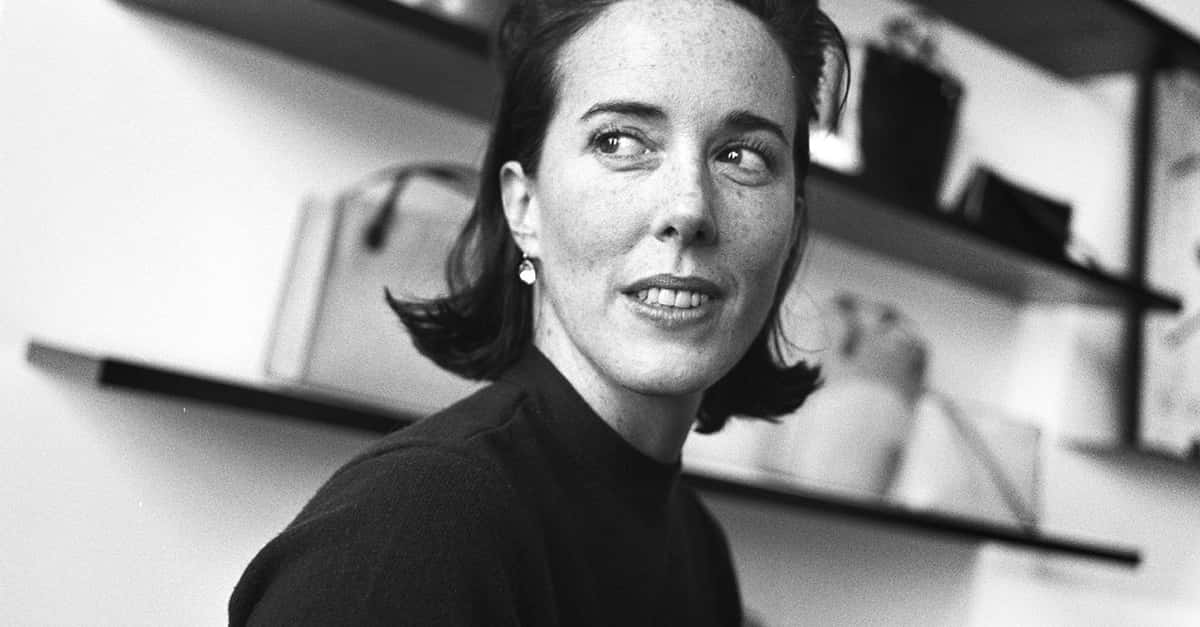“I am not a heroine, but I have chosen the person I wanted to be”—Coco Chanel.
Coco Chanel was a French fashion designer and businesswoman who founded the Chanel fashion house and brand. She was known for creating designs that are fashionable, comfortable, and timeless. She opened her first clothing shop in 1910, launched her first perfume in the 20s, and introduced to women’s wardrobes both the now indispensable “little black dress” and her trademark suits. Here are 43 fashionable facts about the popular designer and fascinating woman.
 Pinterest
Pinterest
43. Five is Enough
Gabrielle Bonheur Chanel, AKA “Coco,” was one of six children born to merchant Albert Chanel and Jeanne Devolle. She had two sisters and three surviving brothers, as well as a fourth who tragically died as a baby in 1891.
42. Poor Little Orphan
When Chanel was just 12, her mother passed away from tuberculosis, a mostly fatal lung disease that was common in Europe throughout the 18th and 19th centuries. Upon her death, Chanel’s father split, abandoning all five kids, never to be heard from again. Good riddance!
41. Song Bird
Before entering into the world of fashion design, Chanel briefly made money by singing. She would sing at a café-concert, with a plate being passed around at the end of the night to collect what were essentially tips from the audience to show their appreciation for her performance. She wasn’t that good a singer, but she did have her beauty and charm on her side.
40. Outrageous!
In Chanel’s time, women wearing pants was unheard of in Europe, but introducing pants as a fashion for women was one of the styles that made her so famous. Ironically, she didn’t initially do it with other women in mind. As one story goes, when she determined that there was no comfortable way to ride a horse in a long skirt—it pretty much sucked—so, she reportedly took the pants from a male rider and fashioned them for herself. I’m sure all female equestrians thank her for that one!
39. Regrets
Though most people don’t give a second thought to women wearing pants today, Chanel regretted how popular they became. As she explained, ““I came up with them by modesty. From this usage to it becoming a fashion, having 70% of women wearing trousers at evening dinner is quite sad.”
38. Black is the New Black
Before Chanel made wearing black fashionable, it was seen primarily as a mourning color. However, black was Chanel’s favorite color, and she felt that black “accentuated the essential” and that nothing was more elegant than a little black dress.
37. A Roaring Collection
In 2018, the Chanel brand debuted the “L’Esprit du Lion” collection of jewellery inspired by Coco’s love of lions. Chanel was born under the star sign Leo and was said to have many of the qualities that Leos are known for: leadership, creativity, confidence, and high achieving, to name a few. Leos are also said to love expensive things, love being treated like kings—or queens in this case—and love being in the spotlight. One particular lion, the famous Lion of Venice in the Piazza San Marco, also held a special place in her heart, as did Venice. Throughout her career, a lion symbol appeared on hardware and buttons on some of her designs but only appeared in jewellery for the first time in 2012.
36. A Dime a Dozen
For some women, having the chance to marry a Duke would be a dream come true. Not so for Chanel! When the Duke of Westminster proposed to her, she refused, saying, "There have been many Duchesses of Westminster. There is only one Chanel." The poor smitten Duke didn’t seem to accept her rejection, and he had her initials engraved into all of the lampposts of Westminster.
35. Clerical Error
When Chanel was born, her name was incorrectly entered into the registry as Chasnel. At the time, Chanel’s mother was too ill to attend the registration herself, and her father was traveling, so nobody caught the error. Oops!

History's most fascinating stories and darkest secrets, delivered to your inbox daily.
34. But What of the Children?
With Chanel’s mother dead and her father out of the picture, something had to be done with the kids. Her brothers were sent out to work as farm laborers, while Chanel and her sisters were sent to the convent of Aubazine, which ran a home for abandoned and orphaned girls. It wasn’t quite as bad as the orphanages portrayed in the movies, but it was a pretty stark life for a young girl.
33. Learning a Trade
Although growing up in an orphanage is no fun for anybody, there was one good thing to come of it. Chanel was taught to sew, a skill which obviously served her well later in life. Lucky for the world, she wasn’t trained as a cook!
32. Never Stopped
From the moment she re-launched her business in 1954 to her death in 1971, Chanel never stopped working. In fact, the collection she was working on at the time of her death debuted in the spring fashion shows just weeks later. Now that’s dedication!
31. Shaving Off a Few Years
For most of her life, Chanel claimed to be 10 years younger than she was, giving her birth date as 1893, not 1883. The reason for the lie, however, was not out of vanity as one might expect. In 19th century France, being born illegitimate and to poverty and being an orphan to boot carried a stigma, and Chanel lied to if not escape it, then at least minimize it.
30. Named for a Song
You might be wondering how Gabrielle became Coco. If you guessed childhood nickname, you’d be completely wrong! The name came from two popular songs that were something of her trademark when she was a singer—“Ko Ko Ri Ko” and “Qui qu’a vu Coco.” Later on, she told people that the nickname came from her father, but by all accounts, that was yet another thing that she made up.
29. Simple and Accessible
The little black dress is an indispensable wardrobe item for women, and you can thank Chanel for that one as well. She published a photo of a short black dress she’d designed in a 1926 issue of Vogue. She cleverly called it Chanel’s Ford, because, like the Model T Ford car, it was practical, accessible to all, and had wide appeal. Someone at Vogue was on the ball because the magazine stated that it would become "a sort of uniform for all women of taste." Boy, were they right!
28. Starting a Trend
In the early 20th century, tanning wasn’t yet the trendy thing that it’s become today. In fact, having tanned skin was something only associated with the lower classes who got the tan from working outside all day in the sun. Pale skin was more in demand for the well-to-do. Then, along comes Chanel. Once again, she accidentally started a trend when in 1923 she got a bit too much sun on a Mediterranean cruise. She was photographed disembarking in Cannes, and tanned skin became a symbol of wealth and beauty.
27. Lucky Number
When Chanel invented her signature perfume, it was the first to bear the name of its designer. Among other positive associations with the number, a fortune teller once told her that 5 was her lucky number. When she was initially presented with numbered samples, she selected the fifth, and thus, Chanel No. 5 was born.
26. Made From… Men’s Underwear?
So, Chanel didn’t exactly make clothing out of men’s underwear, but she did pioneer using the same jersey fabric that the underwear is made from in many of her early designs. For women who were accustomed to wearing expensive fabrics like silk and satin, it was pretty outrageous, but Chanel liked it because it was inexpensive, wore well, and was well-suited to the increasingly busy lives of many of her clients. As Chanel herself stated: “I make fashion women can live in, breathe in, feel comfortable in, and look younger in.”
25. Living the Glamorous Life
One might think that with all of her fame and fortune, Chanel lived on a grand estate with servants galore, but this was far from the case. For more than 30 years, Chanel spent her days at her apartment, and her evenings at the Ritz hotel in Paris. Before she left the hotel each morning, she would phone ahead to her salon to make sure it was sprayed with Chanel #5 for her arrival.
24. Secret Observation
Chanel was pretty crafty, and she managed to carve out a secret spot where she could watch the models and the audience reaction to her clothes during fashion shows without anyone spotting her—à la Phantom Thread. Above her salon and boutique at 31 rue Cambon in Paris was Chanel’s apartment, separated by a curved staircase. Whenever she presented a new collection at a show, she would sit on the fifth step down from the apartment, concealed from view by a wall of mirrors. This way she could observe without being observed.
23. Superstitions
Most people can lay claim to at least a couple of superstitions and Chanel was no exception. Her apartment was filled with lucky symbols to indulge these superstitions, such as a frog with its mouth open, pairs of Japanese deer, and wheat motifs, which symbolized prosperity. Chanel was also a big believer in the healing power of crystals, and each room contained a crystal chandelier.
22. Her Greatest Desire
At age 12, after being sent to the orphanage, Chanel came to understand the importance of having money, and that money was the key to freedom and independence. As she famously said “Without money, you are nothing, that with money you can do anything… I would say to myself over and over, "Money is the key to freedom."” Wise, if not cynical, words.
21. The Women’s Suit
A key theme in Chanel’s designs is freedom. Freedom from the corsets of the Victorian age, from movement restricting dresses, and from the general constraints of women’s clothing at the time. In a revolutionary move—for the time, not for her—she invented the woman’s suit. She was one of the first to adapt men’s clothing for women, and it was perfect for those women who were just starting to enter the workplace after the war. The suit jacket was military inspired and contained pad pockets and jewelry-like buttons. The suit was a favorite with stars like Audrey Hepburn and Grace Kelly, and it became an even bigger part of history when it was the outfit that Jackie Kennedy was wearing on the day of her husband’s assassination.
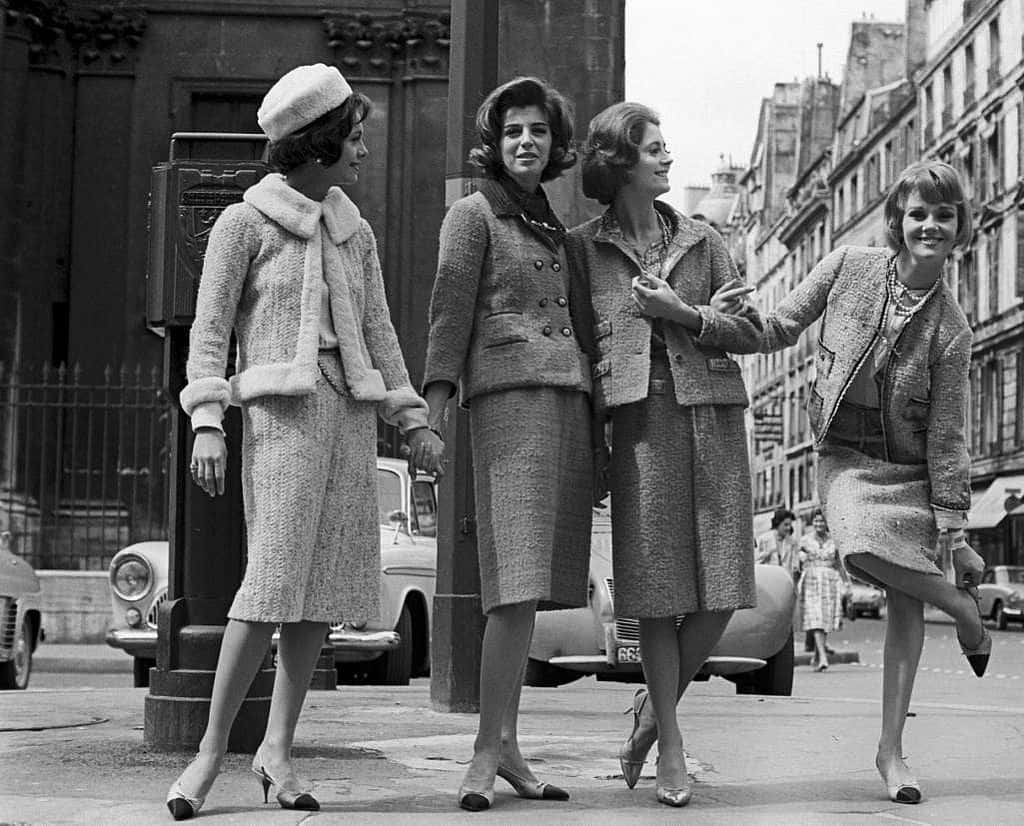 Pinterest
Pinterest
20. Smells Like a Woman
When Chanel asked perfume designer Ernest Beaux to create a perfume for her, she told him to make her a perfume that “smells like a woman.” She specifically instructed that the perfume not smell like a rose or a lily or any other kind of flower, but should be a composition. It’s believed that Beaux was inspired by his fascination with the smell of frozen lakes and rivers, which he would have experienced on his visits to the Arctic.
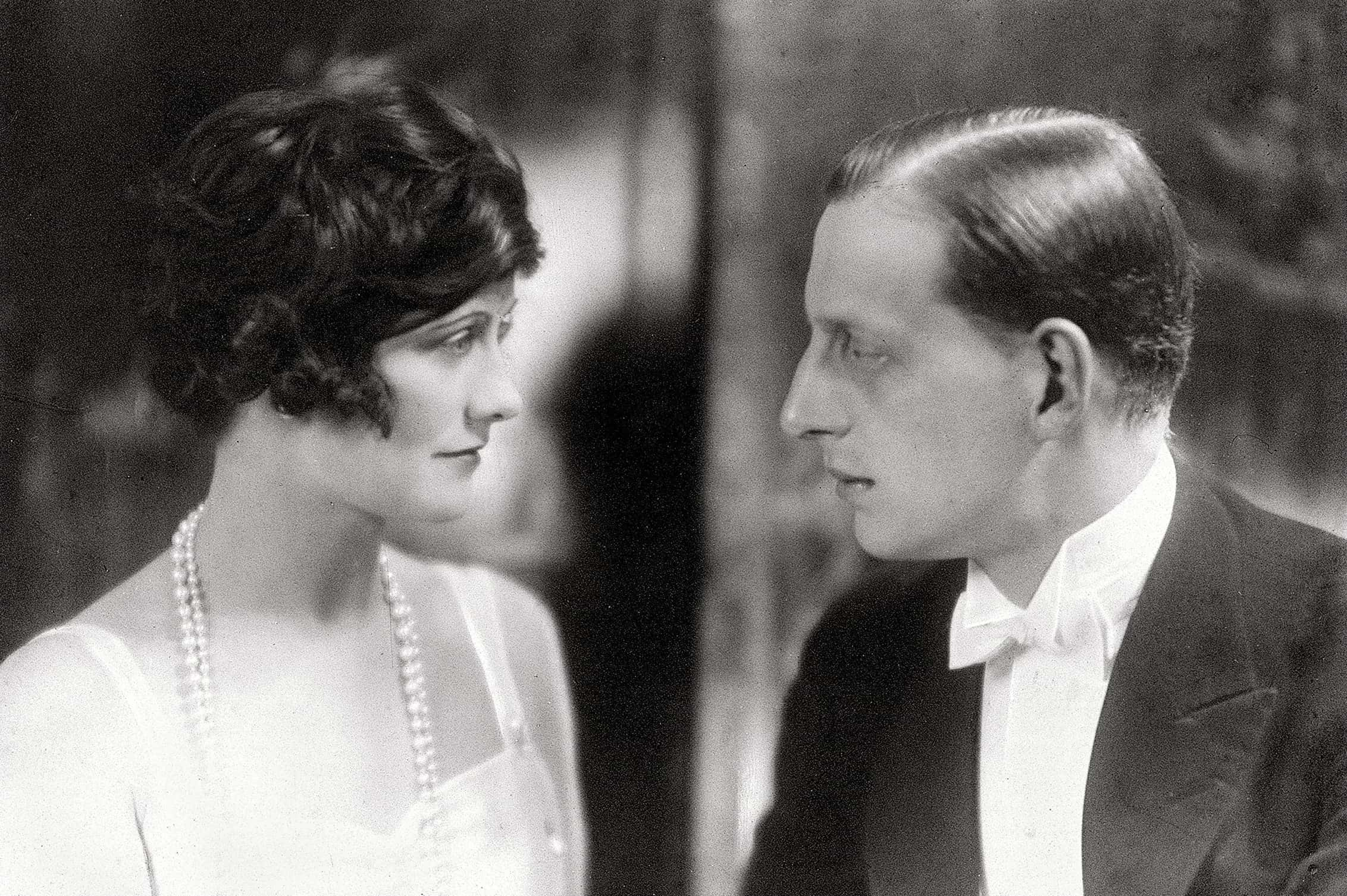 PInterest
PInterest
19. The Real and the Fake
The idea of using costume jewellery with fashion wasn’t originally Chanel’s, but she was the one responsible for setting the trend when she introduced fake large pearls and sparkly gemstones as an accompaniment to her clothes. Chanel believed that the best thing was to have one or two real pieces and a big pile of fake ones. It took costume jewellery from a cheap substitute for the poor to a genuine fashion statement. Fashionable and great for the bank account—what more could you ask for?
18. Liberating her Hands
Up until 1955, women carried their purses in their hands—thus the name ‘handbag’. The problem with handbags, however, was that carrying a bag full of your personal items in your hand could be quite heavy and awkward, and Chanel just got tired of having to carry the darn thing, so she invented a better way. In February 1955, she launched the 2.55—named for its launch date—shoulder bag and once again made history. Now, instead of having to keep the bag in their hands, women could carry it on their shoulders, which was far more comfortable.
17. Classing it Up
In 1931, convinced that women went to the movies for fashion examples, movie mogul Samuel Goldwyn—the G in MGM studios—believed that Chanel could bring more women to the movies by bringing ‘class’ to Hollywood. Previous attempts to design for stars had not gone well, but Goldwyn was so certain that Chanel would be impossible to resist that he offered her 1 million dollars to come to Hollywood bi-annually to dress his stars. The only stipulation was that she had to dress them 6 months ahead of trends to keep the clothes from becoming dated by the time the film released.
16. Something is Missing
Chanel’s apartment was the picture of luxury. Though not grand in size, everything in it was rich and elegant, and it was the place where she stored and displayed gifts from her various suitors and friends. There was, however, one key room that was missing from the apartment—it didn’t contain a bedroom. Chanel used her apartment for entertaining and for working, while her suite at the Ritz was used for sleeping.
15. Couture, Not Costume
When Goldwyn made Chanel the million-dollar offer, she turned it down repeatedly. She was reluctant to accept because she definitely did not want to be Goldwyn’s employee, or be seen as being under contract to United Artists. When she did finally accept, she made it perfectly clear that she was not there to design costumes and that she was an independent worker.
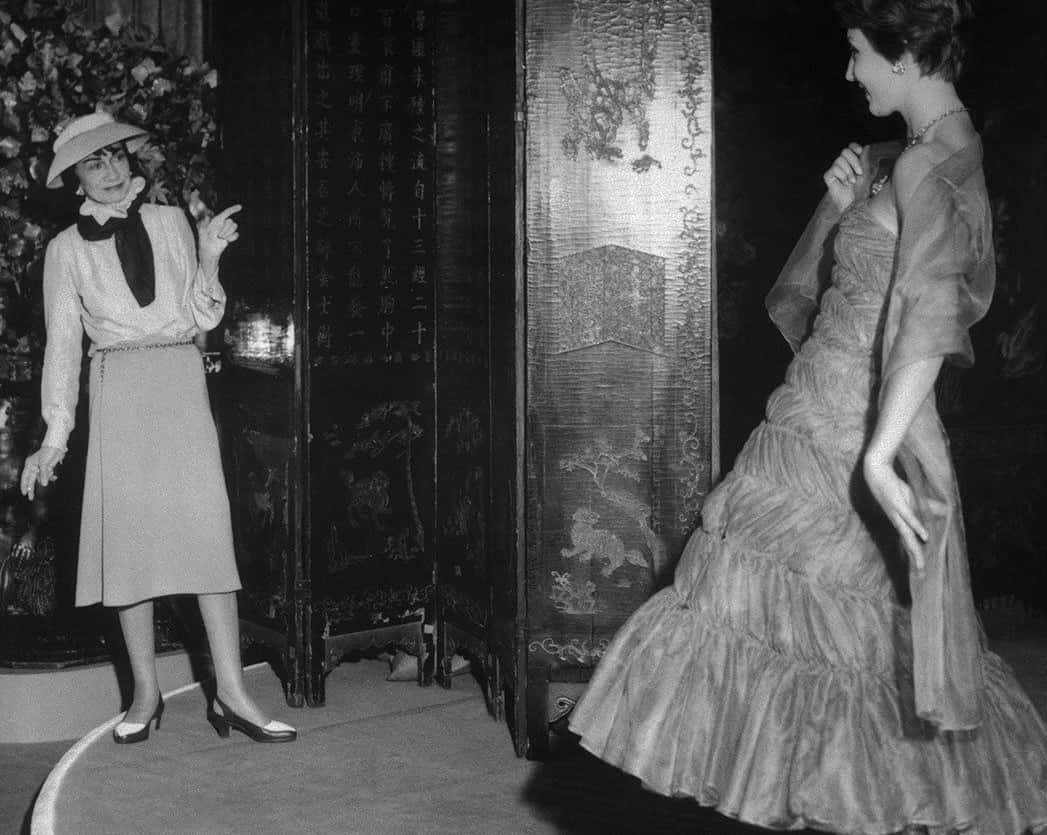 Pinterest
Pinterest
14. Highest Form of Flattery
Most designers would be livid to discover that their work had been copied and cheaply produced, but Chanel was quite the opposite when she spotted cheap knock-offs of her designs at the department store S. Klein. She understood that imitation was a sign of success, so she took the copies as a compliment to her importance.
13. Eternally Single
Throughout her life, Chanel had multiple lovers, including the Duke of Westminster, with whom she stayed for a decade. She refused to be tied down, stating “I never wanted to weigh more heavily on a man than a bird.” Since freedom and independence were so important to her, it’s easy to understand why she never married.
12. Battle for Control
During WWII, Nazi rules forbidding Jews from owning businesses or property gave Chanel the perfect opening to try and seize back control of Parfums Chanel from the Jewish Wertheimers. She petitioned the German government as an ‘aryan’ for full ownership of the company, claiming that it was still the property of Jews, and therefore, had been legally abandoned. What she didn’t know was that the Wertheimers had a pretty good sense of what was coming and were prepared. In May 1940, they legally turned over control of the company to a Christian friend who returned control to the Wertheimers after the war. Fearing a PR nightmare should a legal battle make Chanel’s wartime activities public—after all, it was still her name on the brand—they re-negotiated the original 1924 contract with Chanel. It not only gave her a share of the wartime profits but also a percentage of future Chanel #5 worldwide sales, making her a very rich woman.
11. She’s Back!
Already hurting from the depression, the outbreak of WWII forced Chanel to fire her workers and shut down her shops. When the war ended, Chanel was interrogated about her Nazi activities, and her reputation took a bit of a hit. Rather than stay in Paris to be tried in a court of public opinion, she took off to Switzerland for a number of years. At age 70, she returned to Paris, telling her pal Marlene Dietrich it was because she was “dying of boredom.”
10. Fashion Rivals
When Chanel re-entered the fashion game in 1954, she found herself in competition with designer Christian Dior. Chanel was appalled at the cinched waists, heavy skirts, padded shoulders and bras, and the stiffness of the jackets. As she once famously said of the designer, "Dior doesn't dress women, he upholsters them." Dior’s designs were famous for their femininity, while Chanel’s were about comfort and elegance. At first, the critics gave her harsh reviews, but before long, she was able to win back the wallets, if not hearts, of shoppers.
9. And the Brand Lives On.
Although Chanel has been dead for 47 years, her name and her legacy live on. Today there are 100 Chanel boutiques around the world, and as of May 2018, it was #87 on the Forbes most valuable brand list, valued at 8 billion dollars. In 1983, designer Karl Lagerfeld took over as creative director, and he has successfully brought the Chanel brand to a younger generation of women while still retaining the timelessness of Chanel’s original style and quality.
8. A Simple Diversion
While a career as a singer may not have been in the cards for Chanel, it did allow her to meet a cavalry officer named Etienne Balsan who just happened to be the wealthy heir to a textile fortune. She eventually became his mistress, and as such, enjoyed quite a nice lifestyle except for one thing—there was a lot of idle time. To keep herself busy, she started making the kind of hats she wished to wear, but couldn’t find in a store. Some of the women in Balsan’s social circle liked the hats and requested she make them their own. The affair lasted three years until Chanel became involved with Balsan’s friend Arthur “Boy” Capel, but the two remained friends for life.
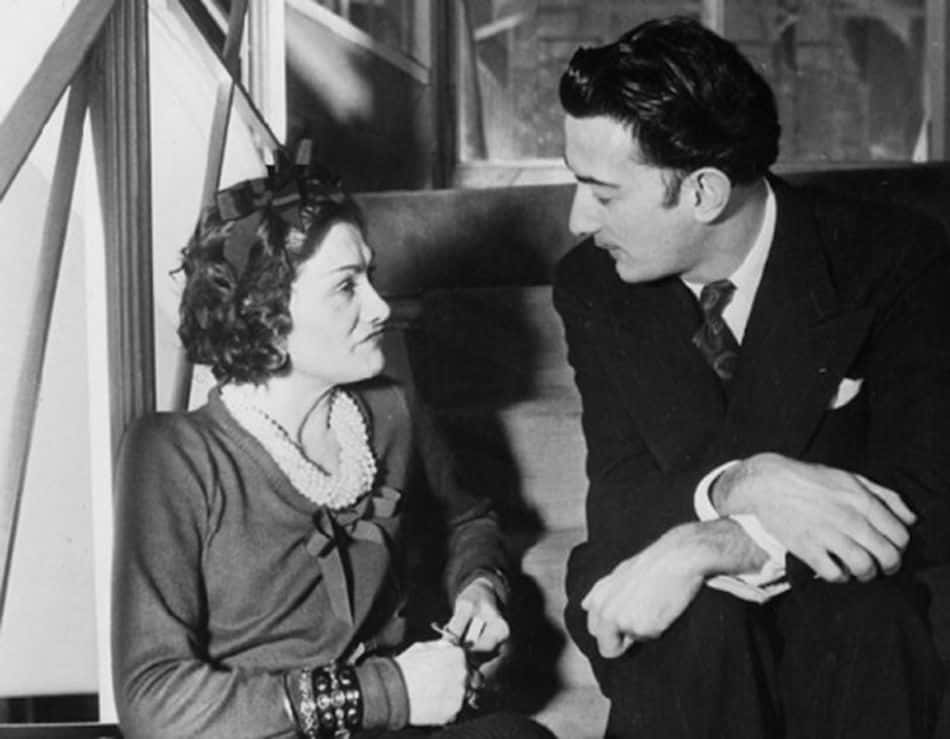 Pinterest
Pinterest
7. Katherine as Coco
In 1969, a musical inspired by the life of Coco Chanel premiered on Broadway starring Katherine Hepburn as Coco. The show was not only the only musical in which Hepburn appeared on stage, but it scored seven Tony Award nominations, winning Best Featured Actor in a Musical, and Best Costume. With Chanel as an inspiration, how could it not?
 Pinterest
Pinterest
6. A Crowded Affair
Chanel’s funeral was a fashionable affair. Her coffin was covered in white gardenias and her models sat in the front seats at the ceremony. 1,500 mourners crammed into the Madeline church in Paris, ranging from the rich clients who purchased her clothes, to the seamstresses and models to ordinary people. After the funeral, her coffin was transported to her burial site in Lausanne, Switzerland. Not surprisingly, Chanel also designed her own tombstone which features her characteristic lions, and the phrase “Without stone above me, I would like to leave if I had the wish to go to Heaven and dress the angels.”
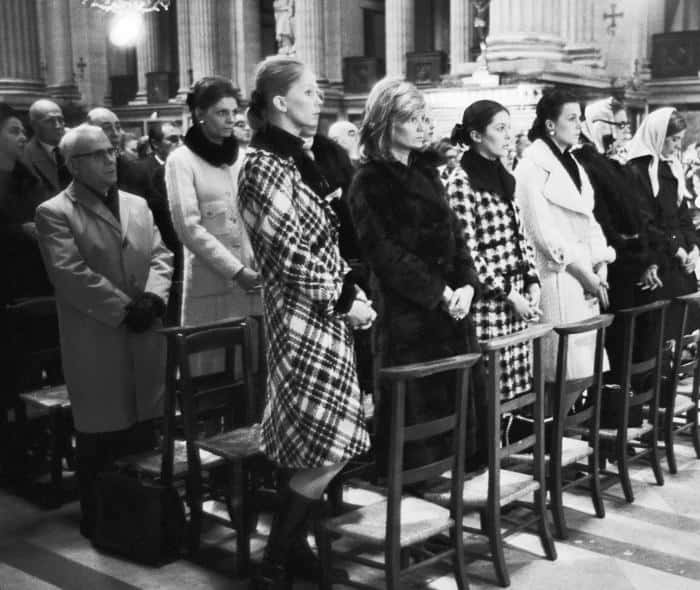 Revista Mía
Revista Mía
5. One True Love
When Chanel’s boyfriend Balsan introduced her to Arthur “Boy” Capel in 1908, she likely never imagined what an important role he would play in her life. Like Balsan, he was extremely wealthy. The son of a shipping merchant, he financed Chanel’s first shops. His style reportedly inspired the now signature Chanel look. Despite his playboy lifestyle and infidelity, the pair stayed together for a decade, even after he married. Their story ended tragically when in 1919 he died in a car crash, reportedly on his way to see her for a Christmas tryst. After his death, she wore black while mourning him, and the little black dress evolved from this choice.
4. Rewriting her Story
For reasons biographers can only speculate on, Chanel took great pains to rewrite the details of her life, even claiming that when her mother died, her father sailed to America to seek his fortune. As a result, what is known about her is difficult to confirm, and what isn’t known is nearly impossible to find out. Despite these embellishments, in the years since her death, she has continued to enjoy a legendary status.
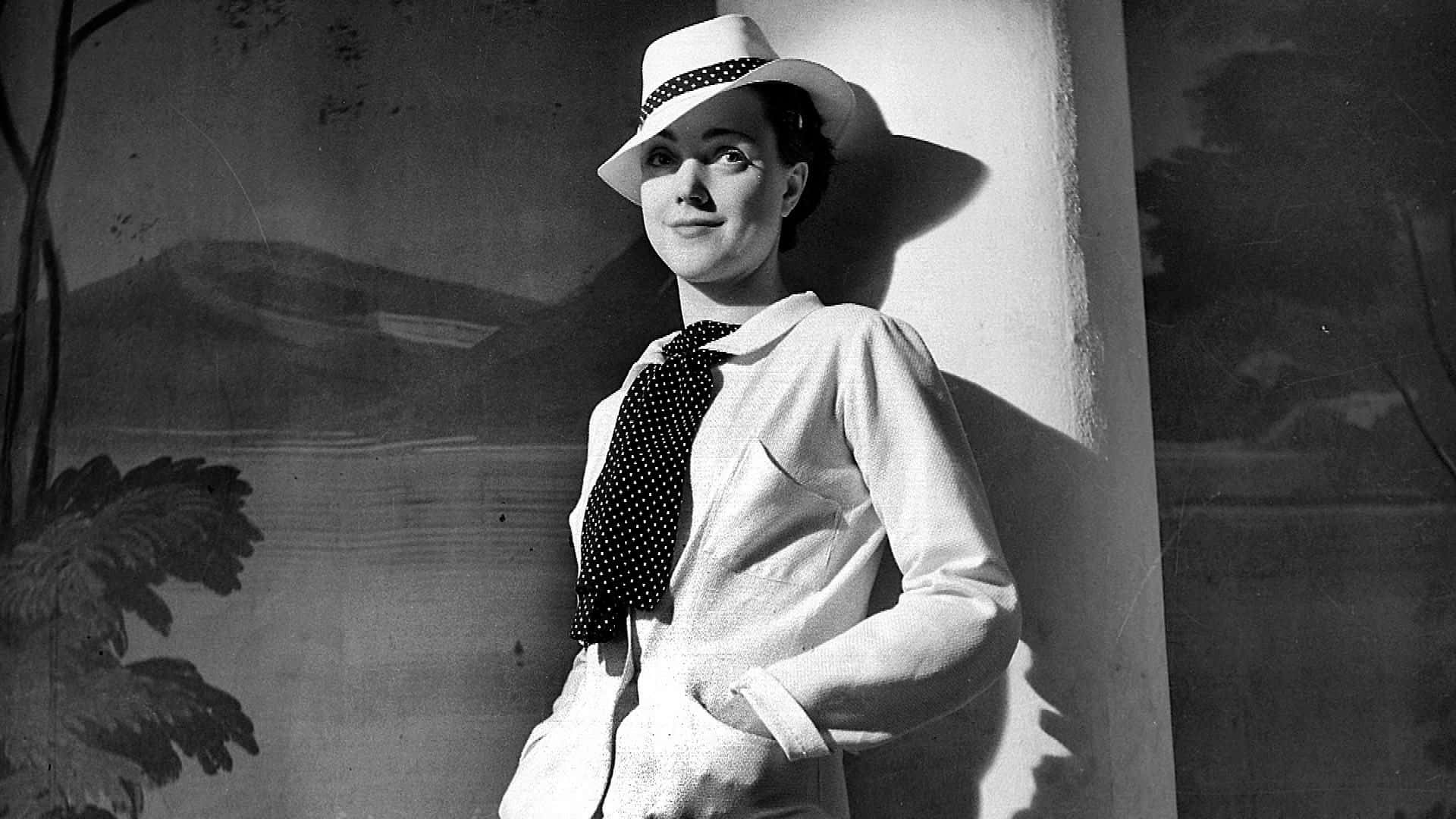 Pinterest
Pinterest
3. Celebrity Endorsement
Chanel No. 5 launched in 1921 but got a huge boost from a certain blonde bombshell when she made a confession in a 1952 interview with Life magazine. When asked what she wore to bed, Marilyn Monroe replied “Just a few drops of Chanel No. 5.” In 2013, Chanel unearthed the previously unreleased recording of Monroe’s interview and made her the subject of their print and television campaigns that December. Talk about milking it!
2. Famous Last Words
Chanel died on January 10, 1971, shortly after coming back from a walk with her friend Claude Baillen. She passed away lying in bed at the Hotel Ritz, and her final words to her maid were “You see, this is how you die.” Not a bad way to go!
1. Secret Spy
In 2011, American historian Hal Vaughan released a book claiming that Chanel was a spy for the Third Reich. Chanel did have an affair with a Nazi officer Hans Gunther von Dincklage, one of Hitler’s right-hand men, in 1933, and the Ritz hotel where she lived was also the preferred lodging of the upper German military. Recent French documents have also suggested that nearly a decade later, in 1941, she was enlisted as a spy for the Nazi intelligence agency Abwehr, where she might have gone by the codename Westminster. After the war, she was never prosecuted but the evidence of her Nazi ties is pretty compelling.
Sources: 1, 2, 3, 4, 5, 6, 7, 8, 9, 10, 11, 12, 13, 14, 15, 16, 17, 18, 19, 20, 21, 22, 23, 24, 25, 26, 27, 28, 29, 30, 31, 32, 33

